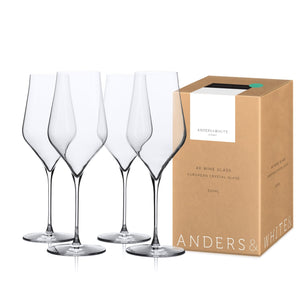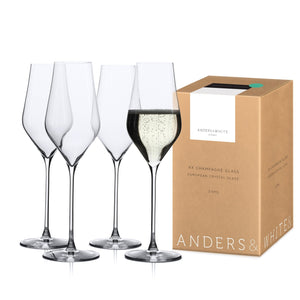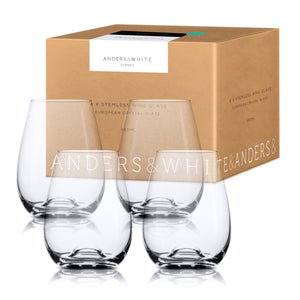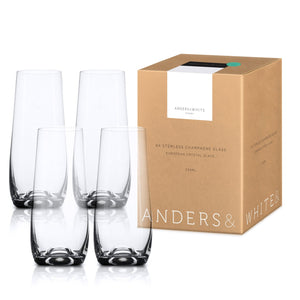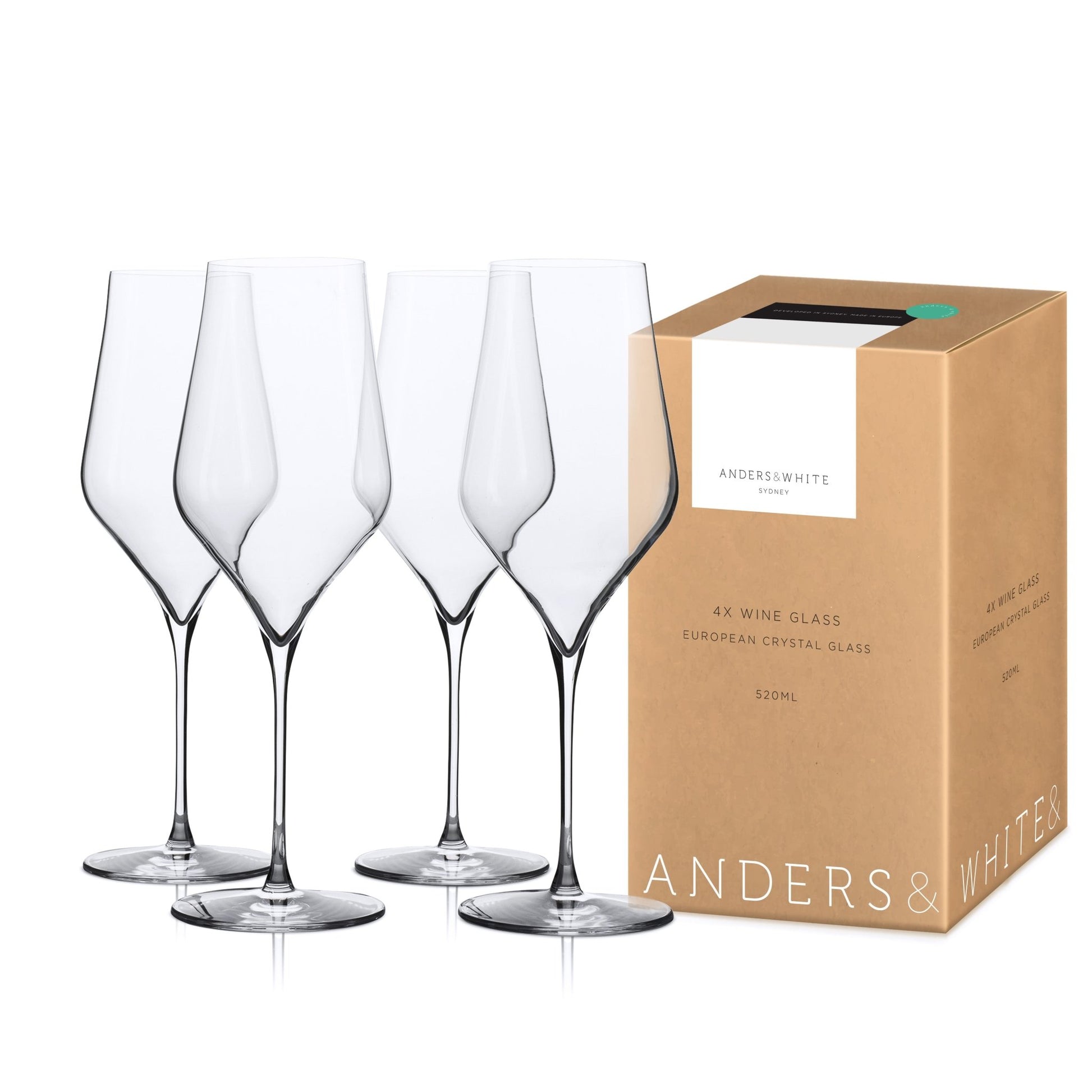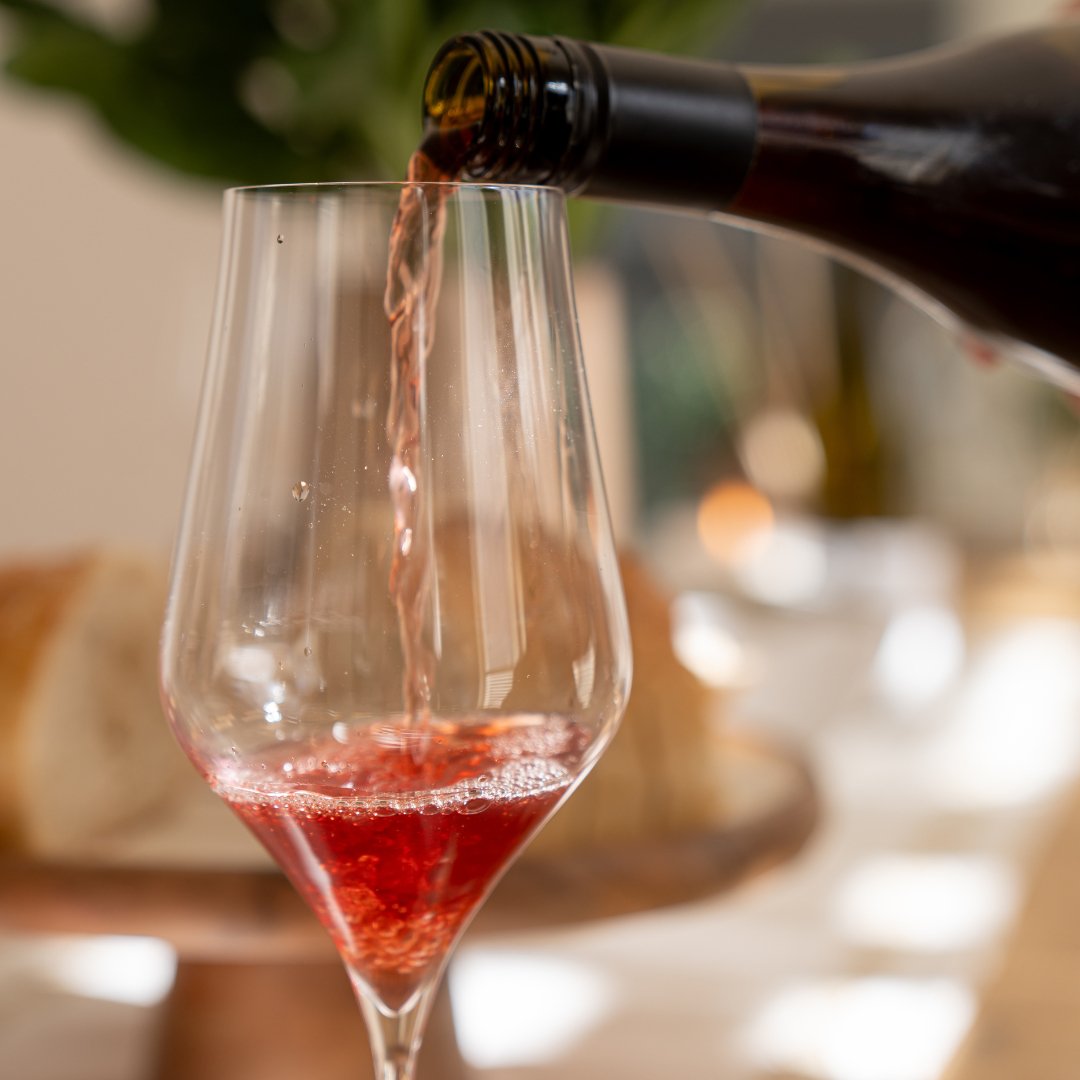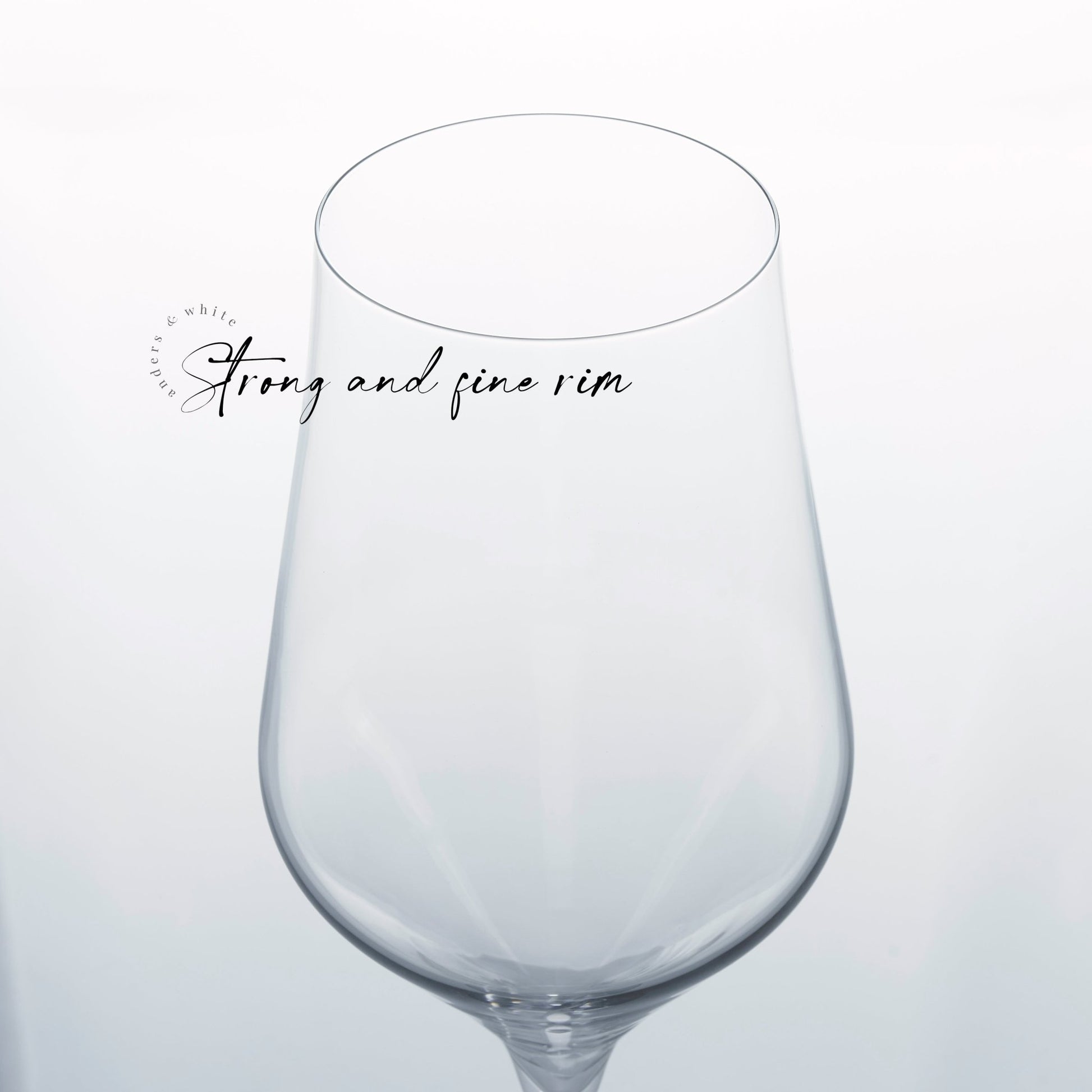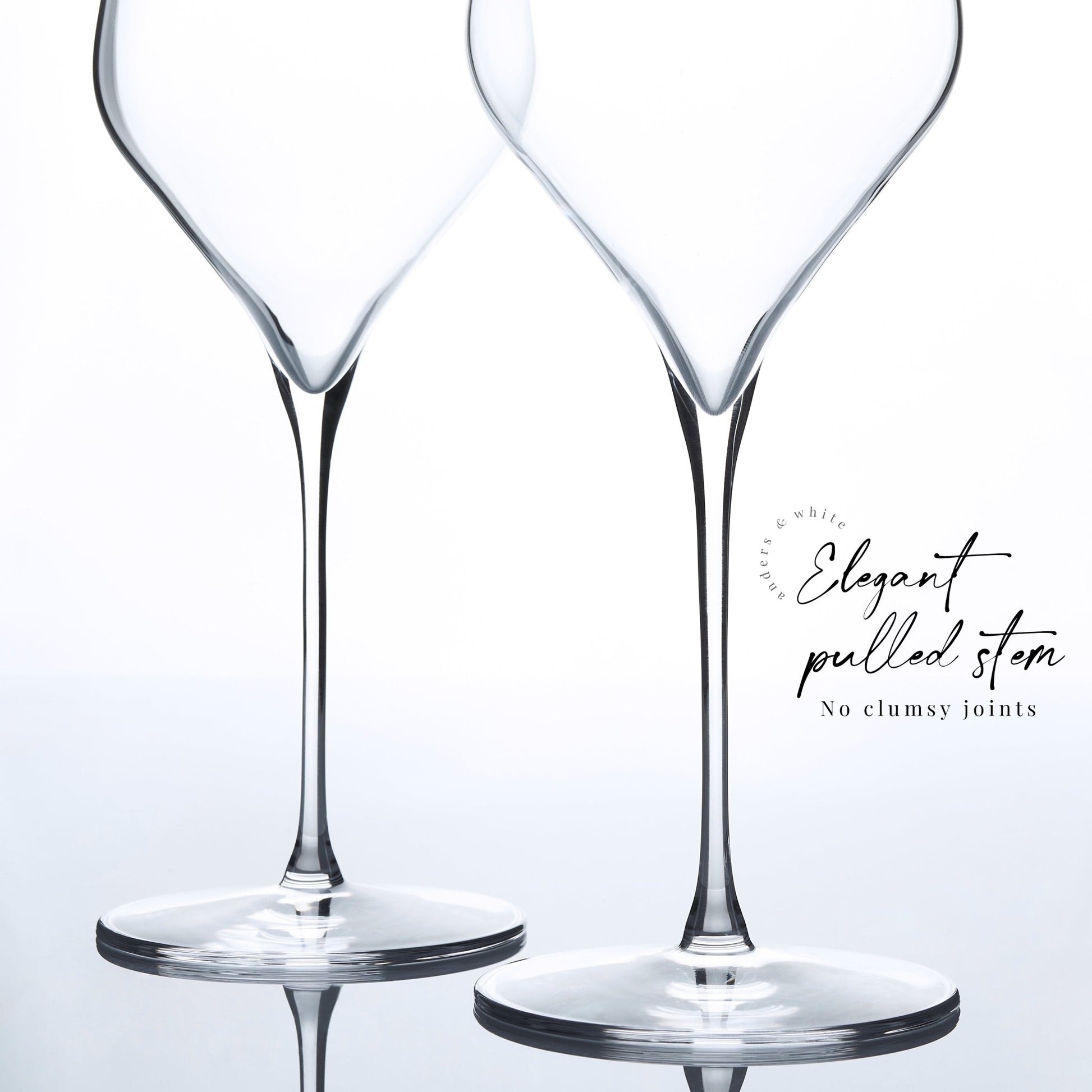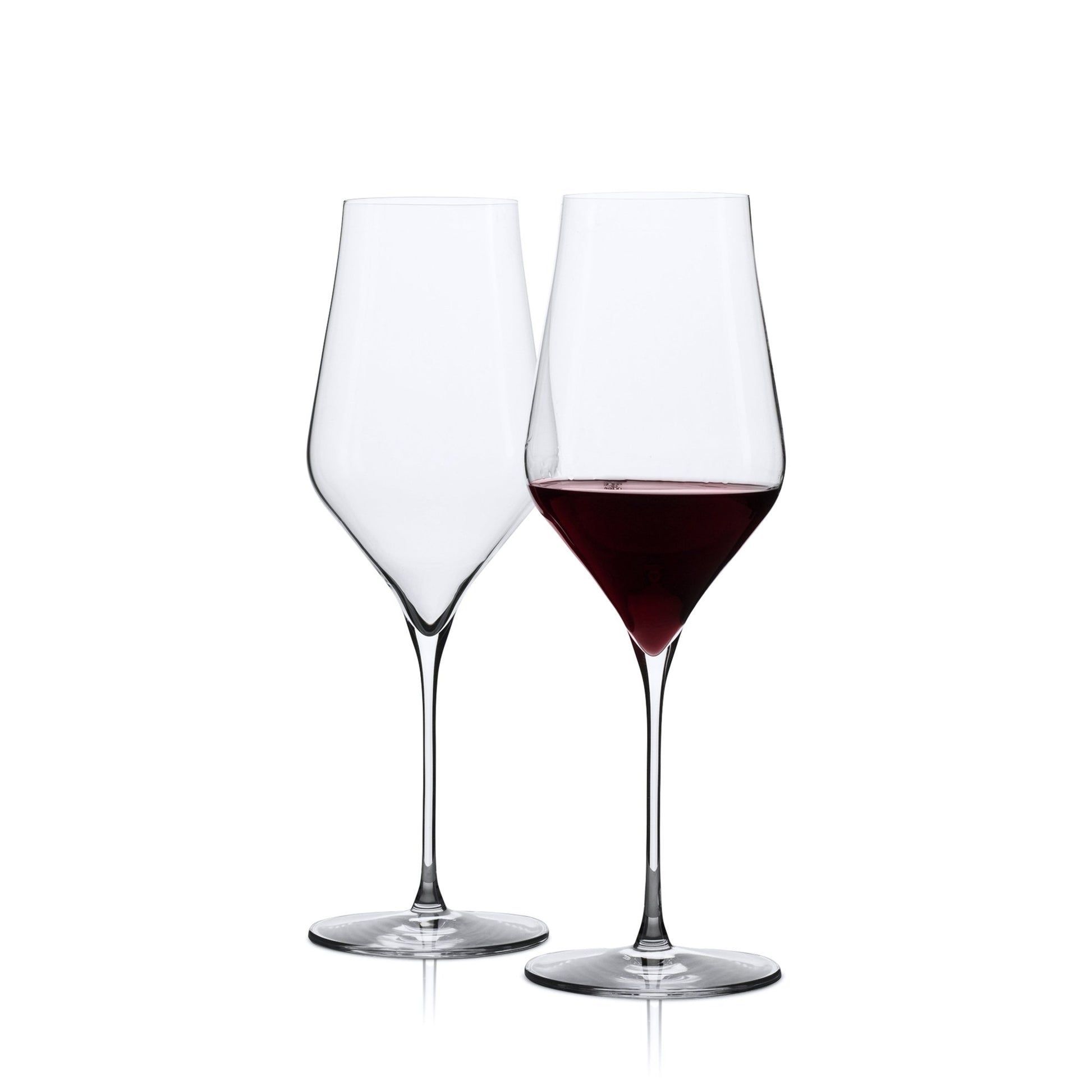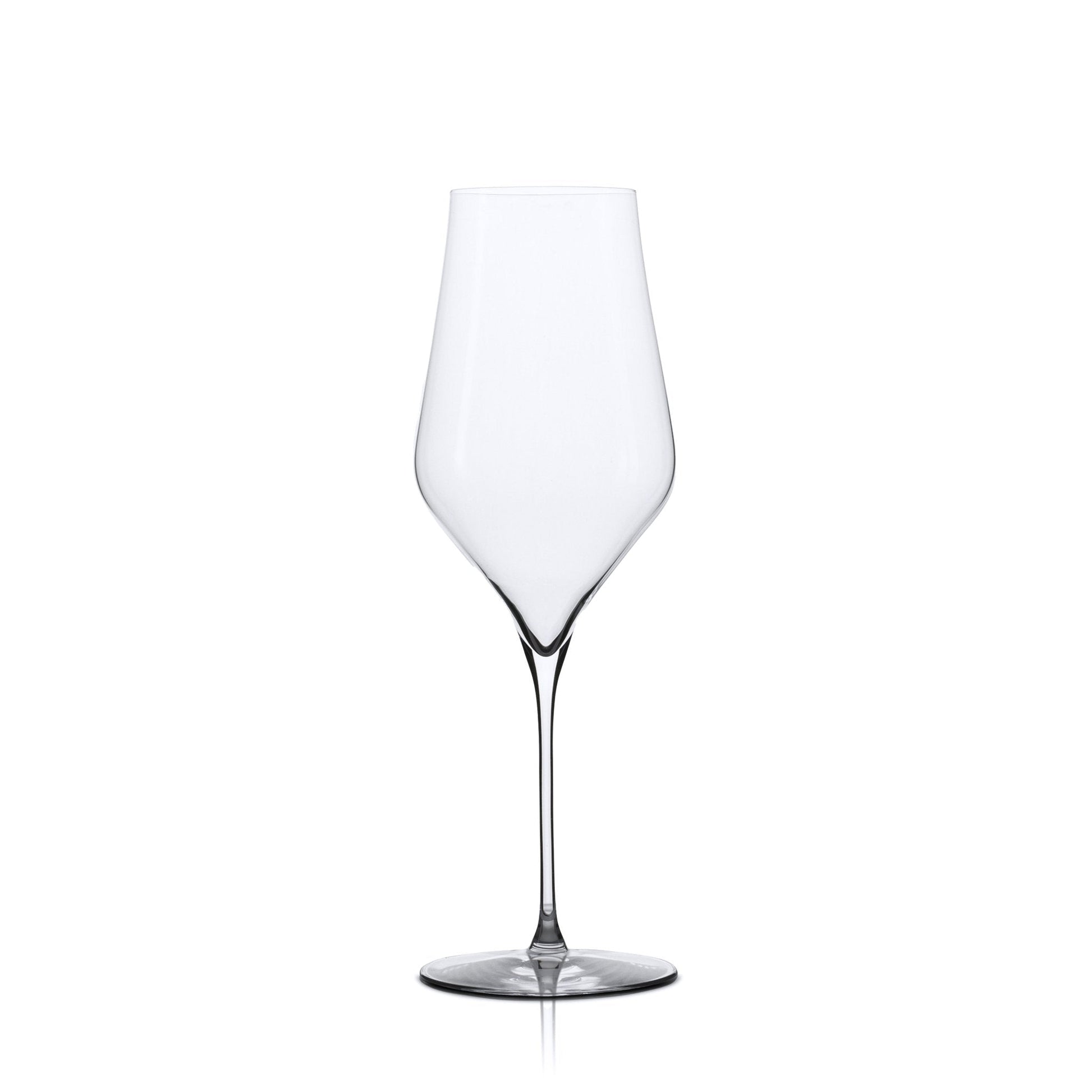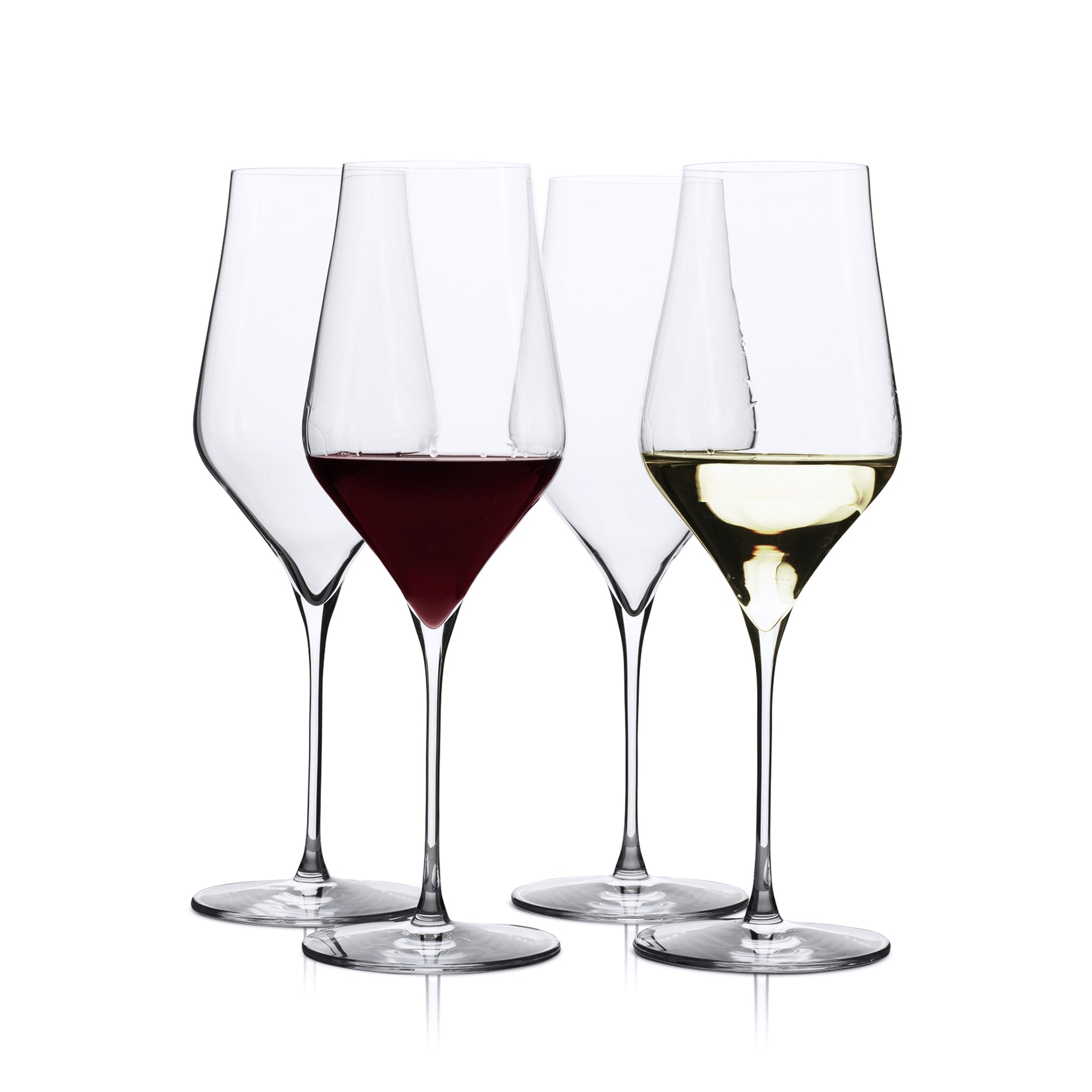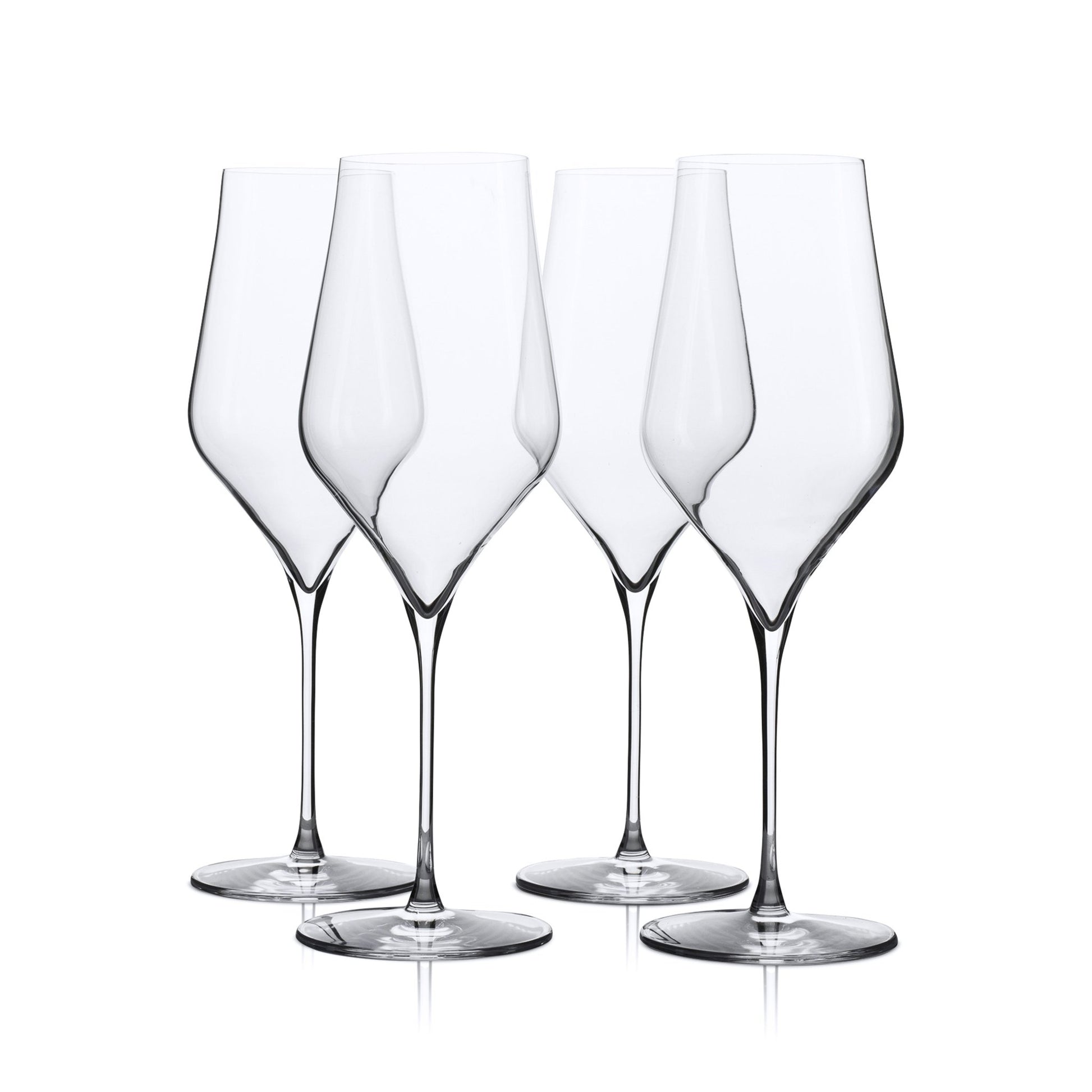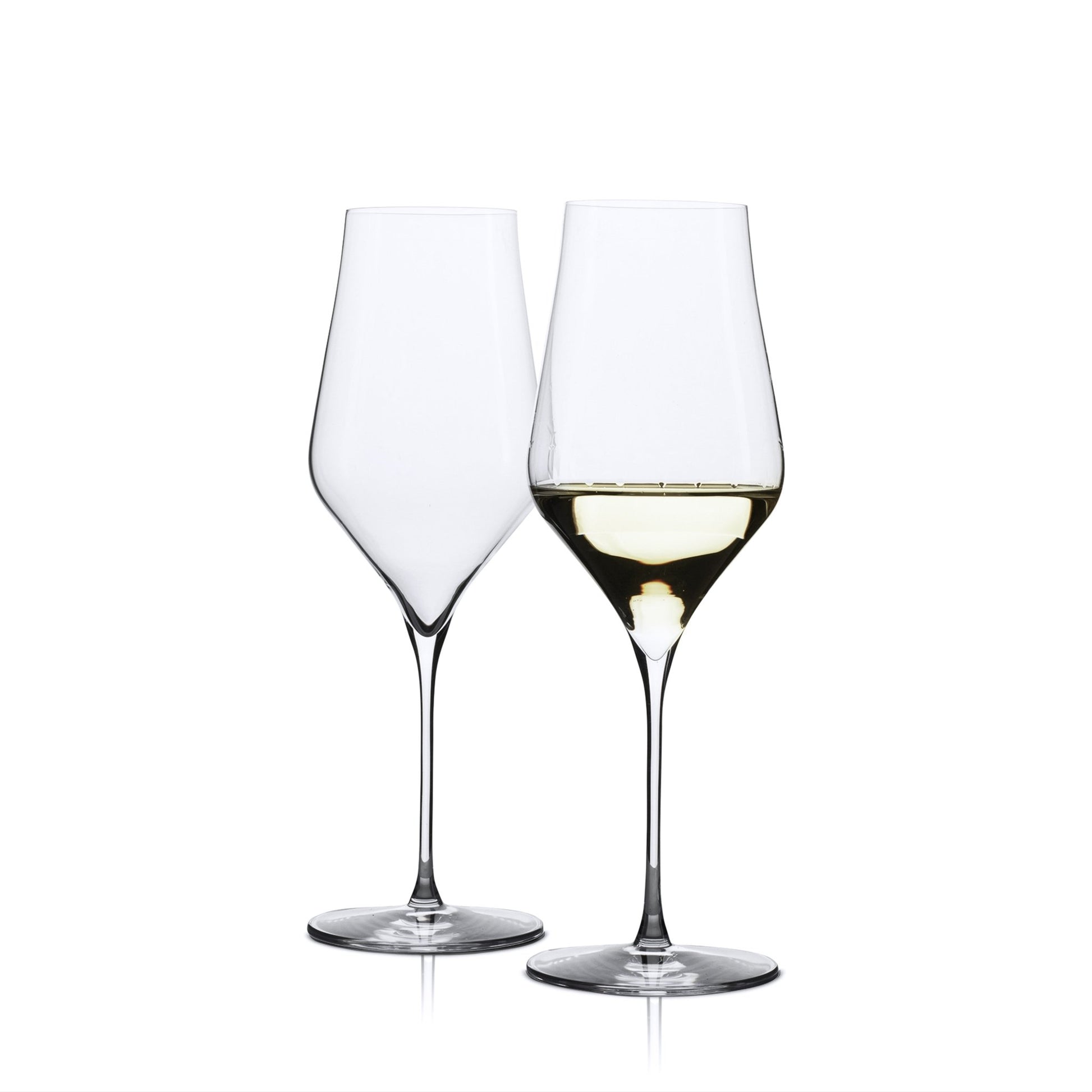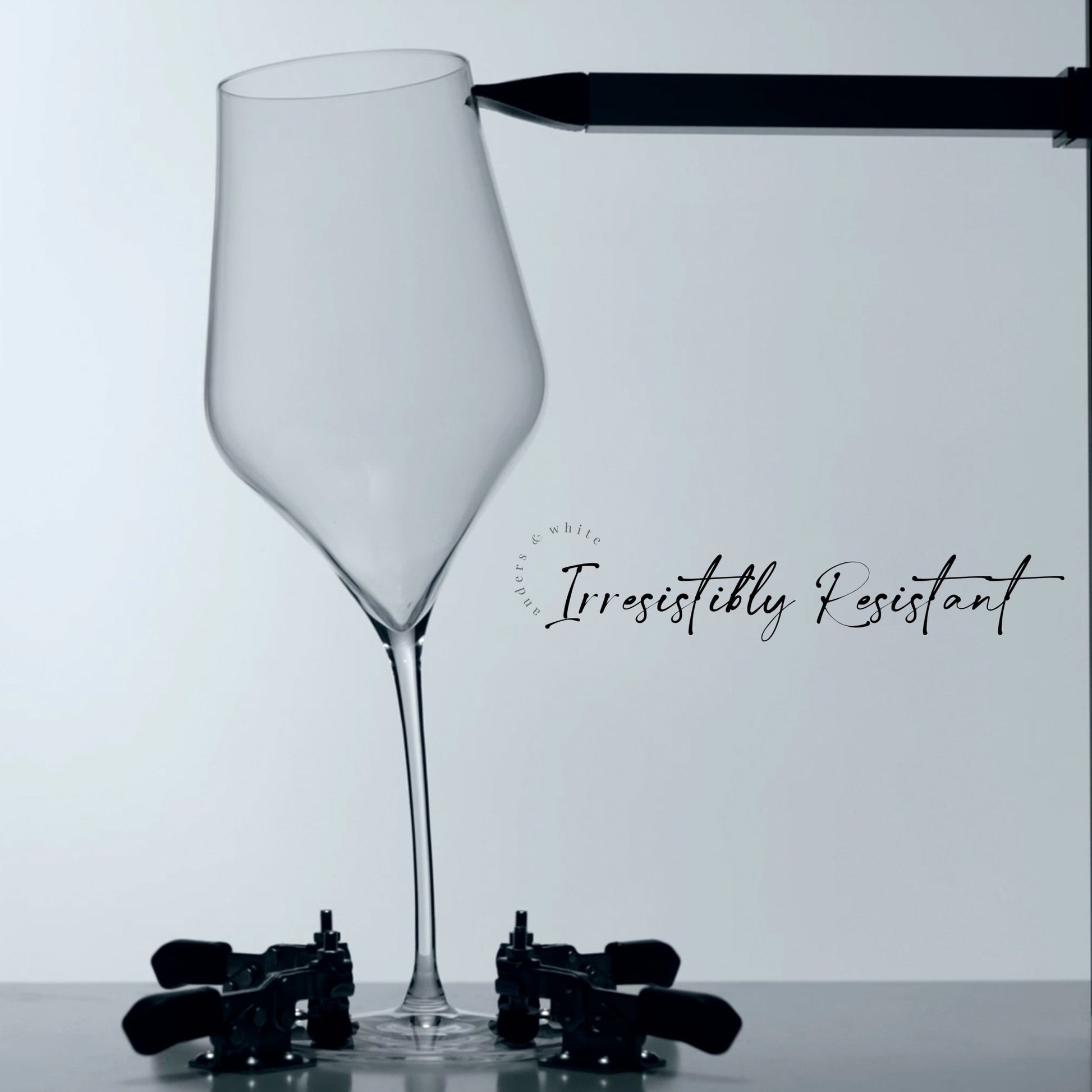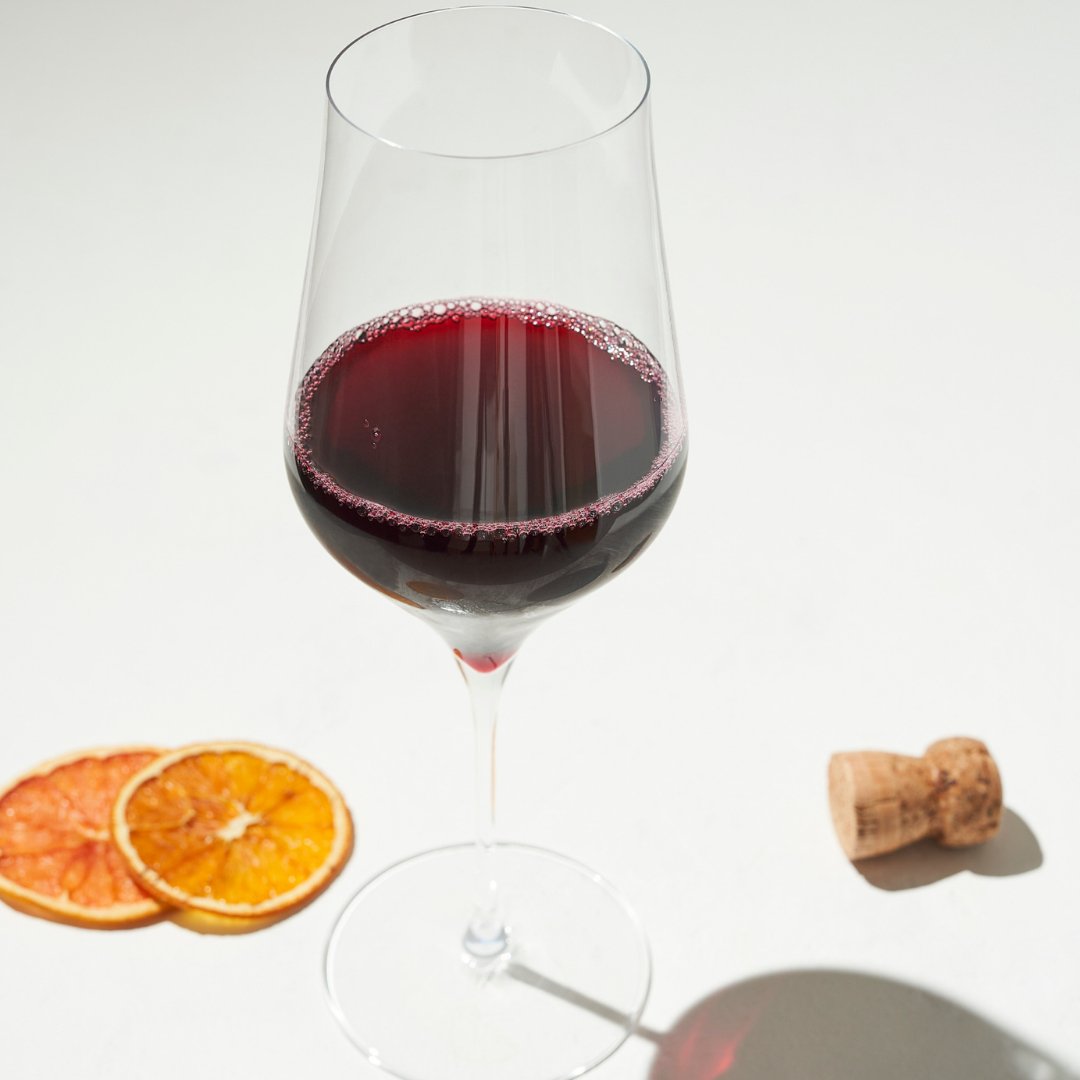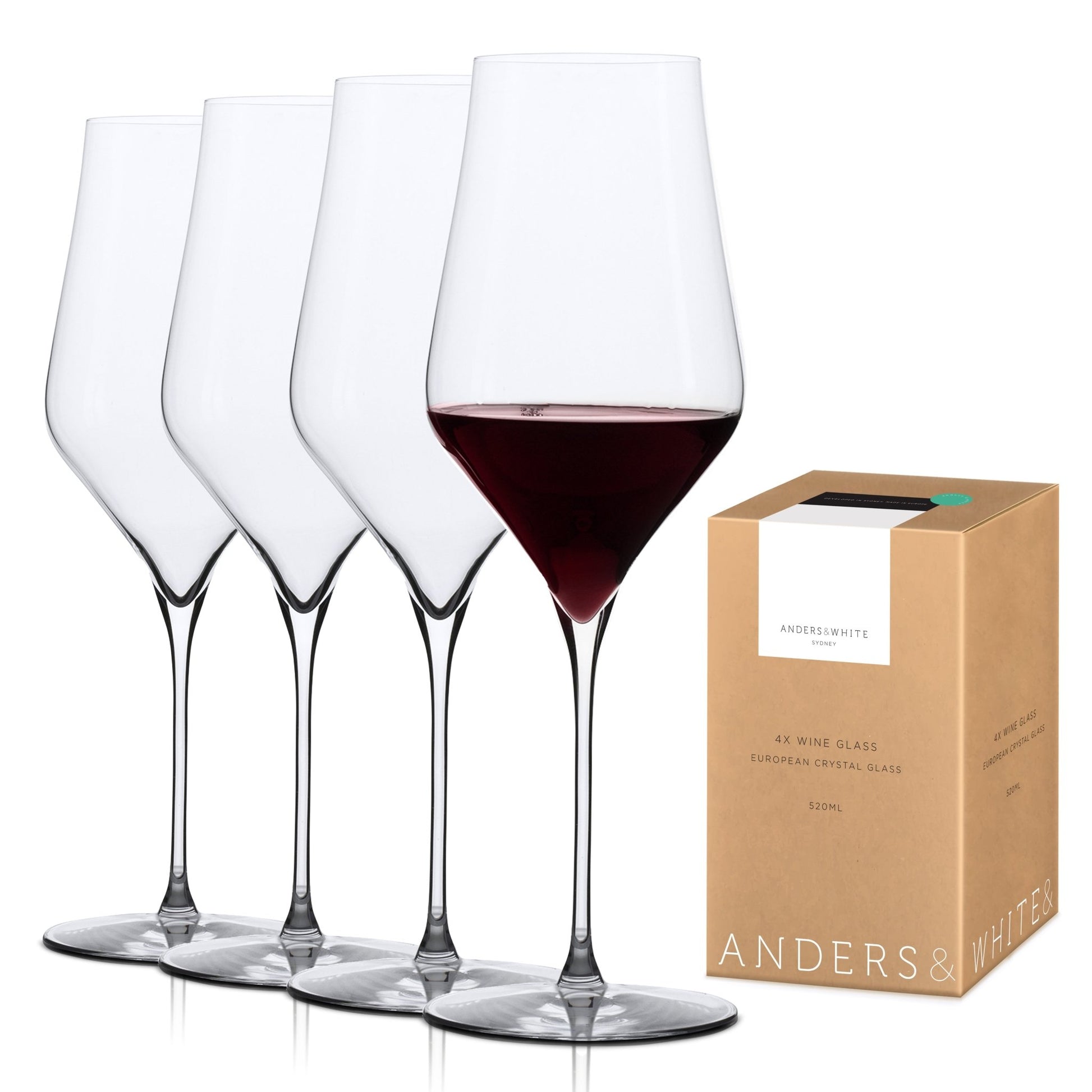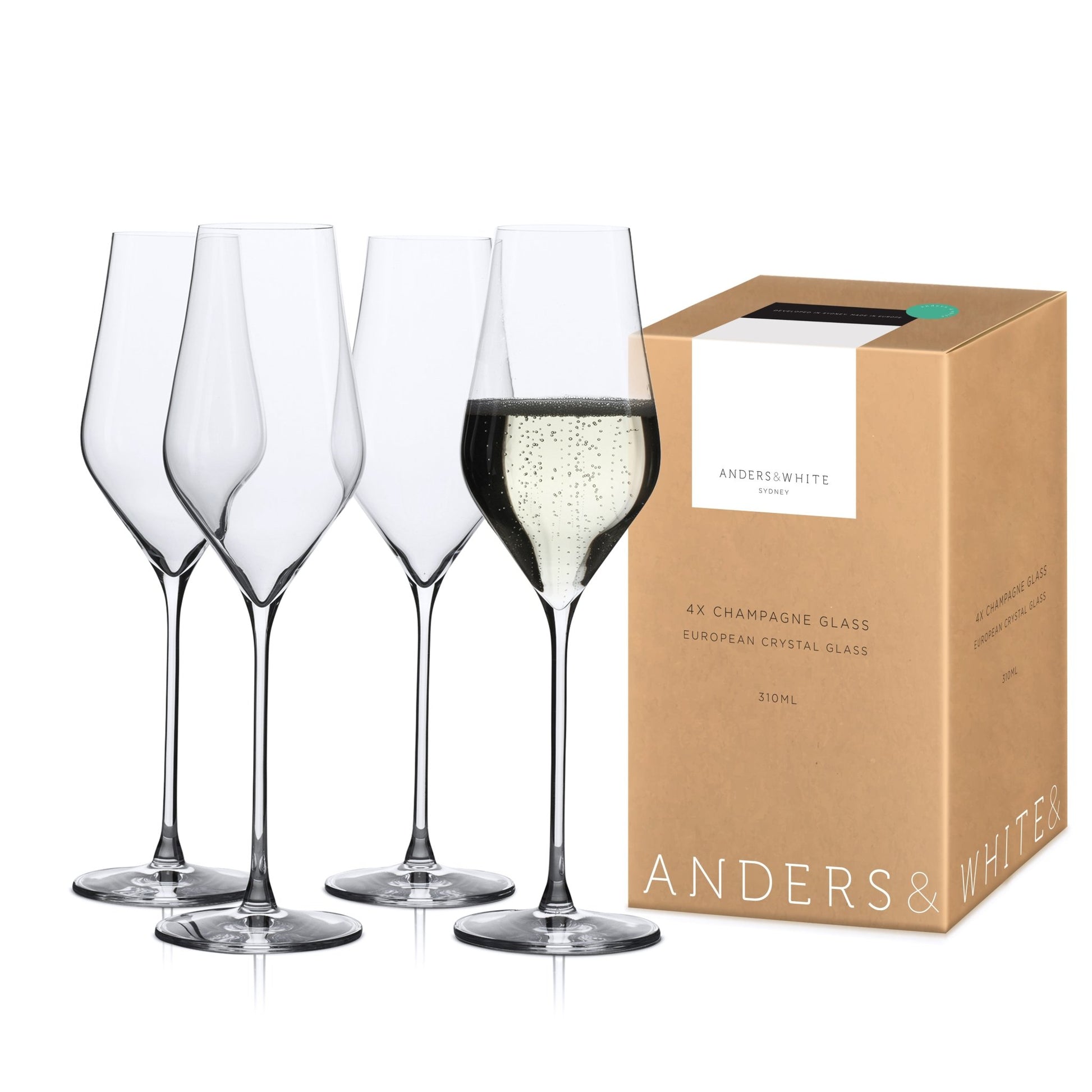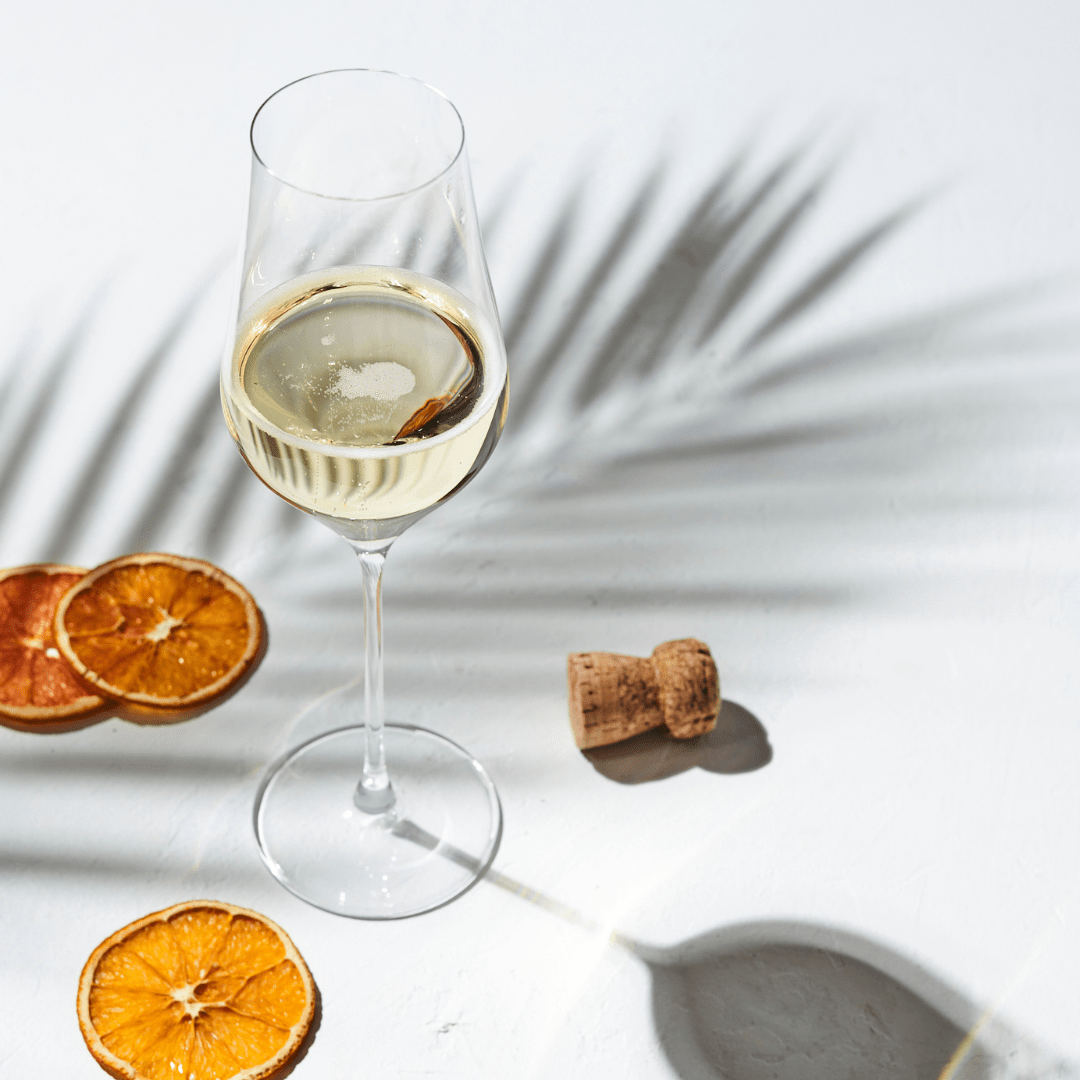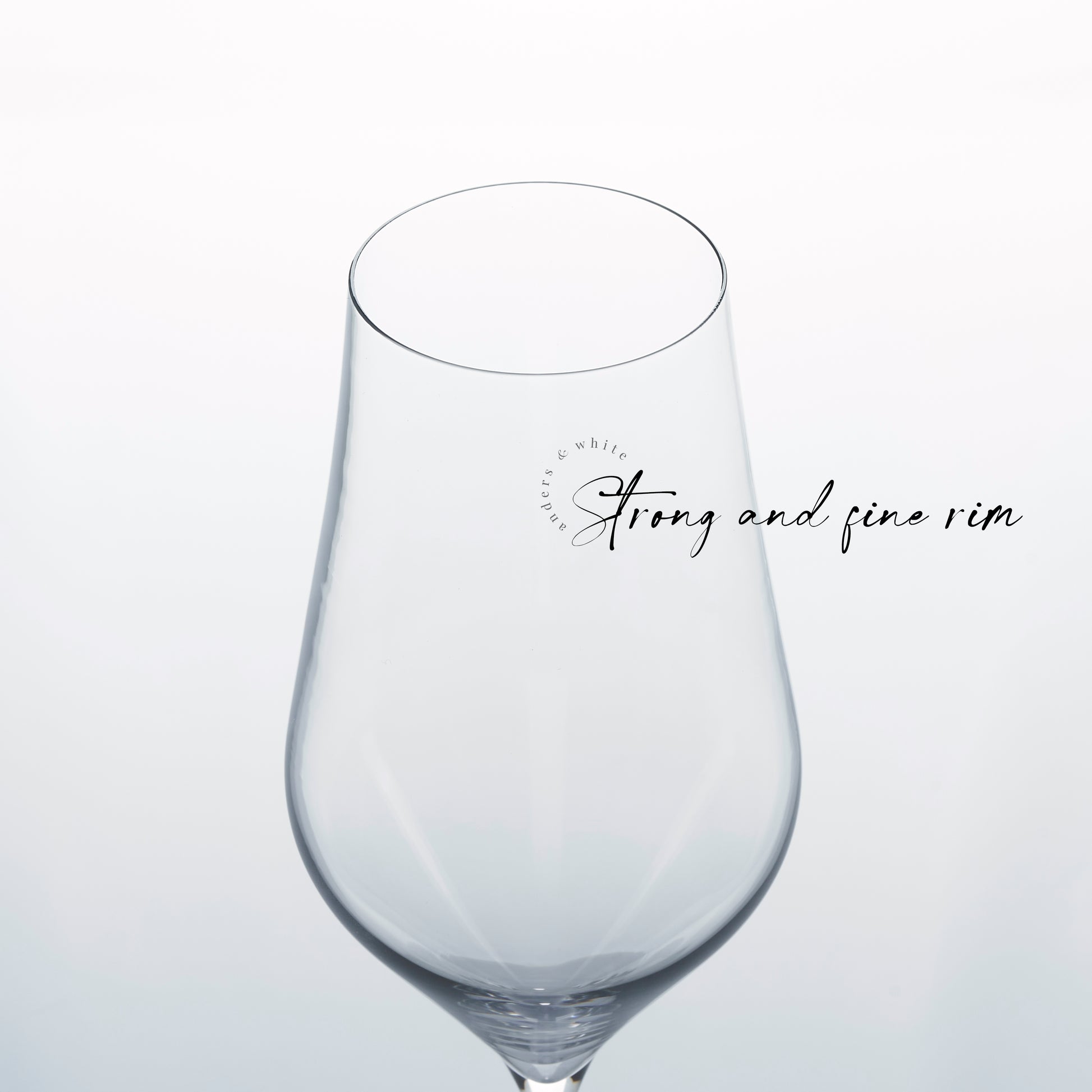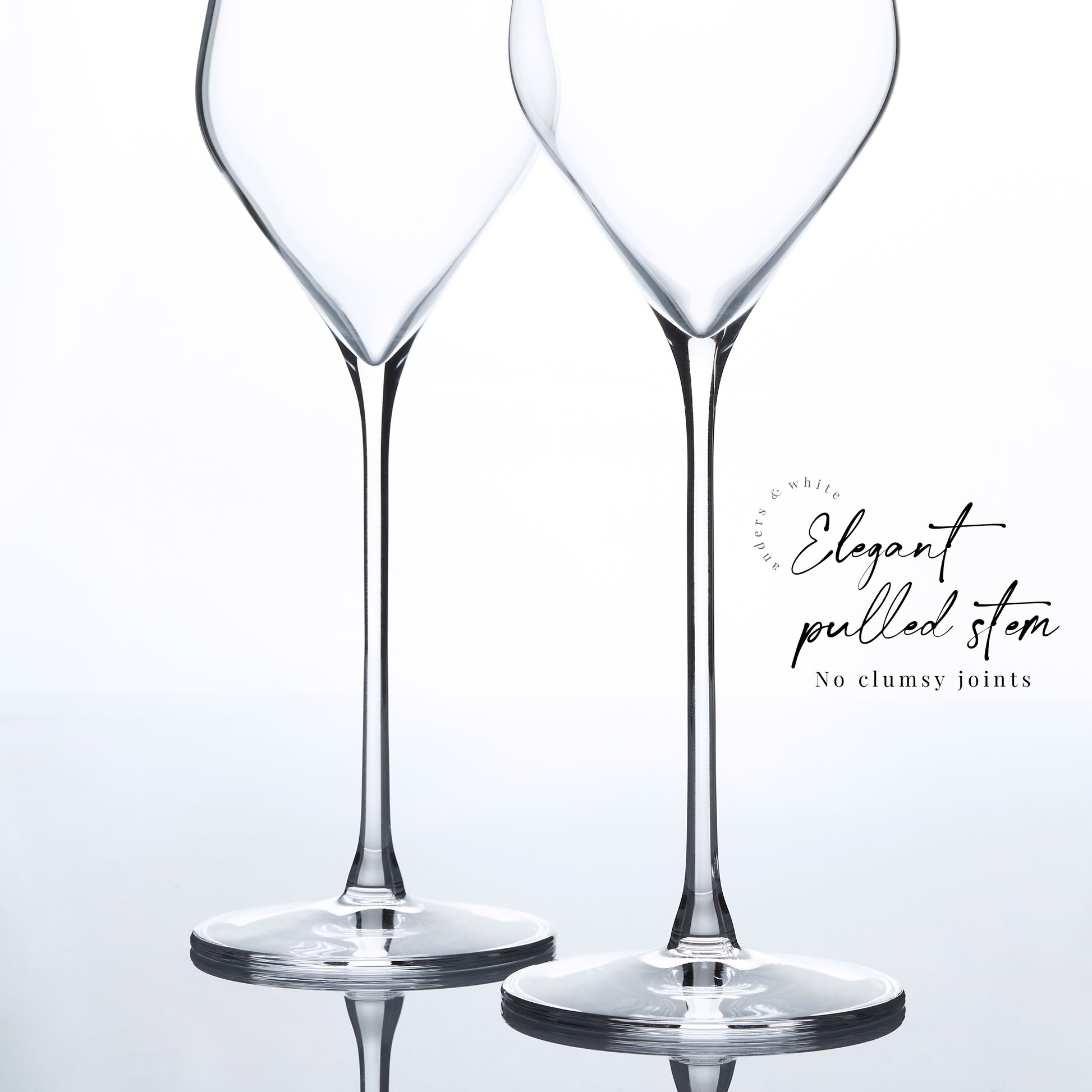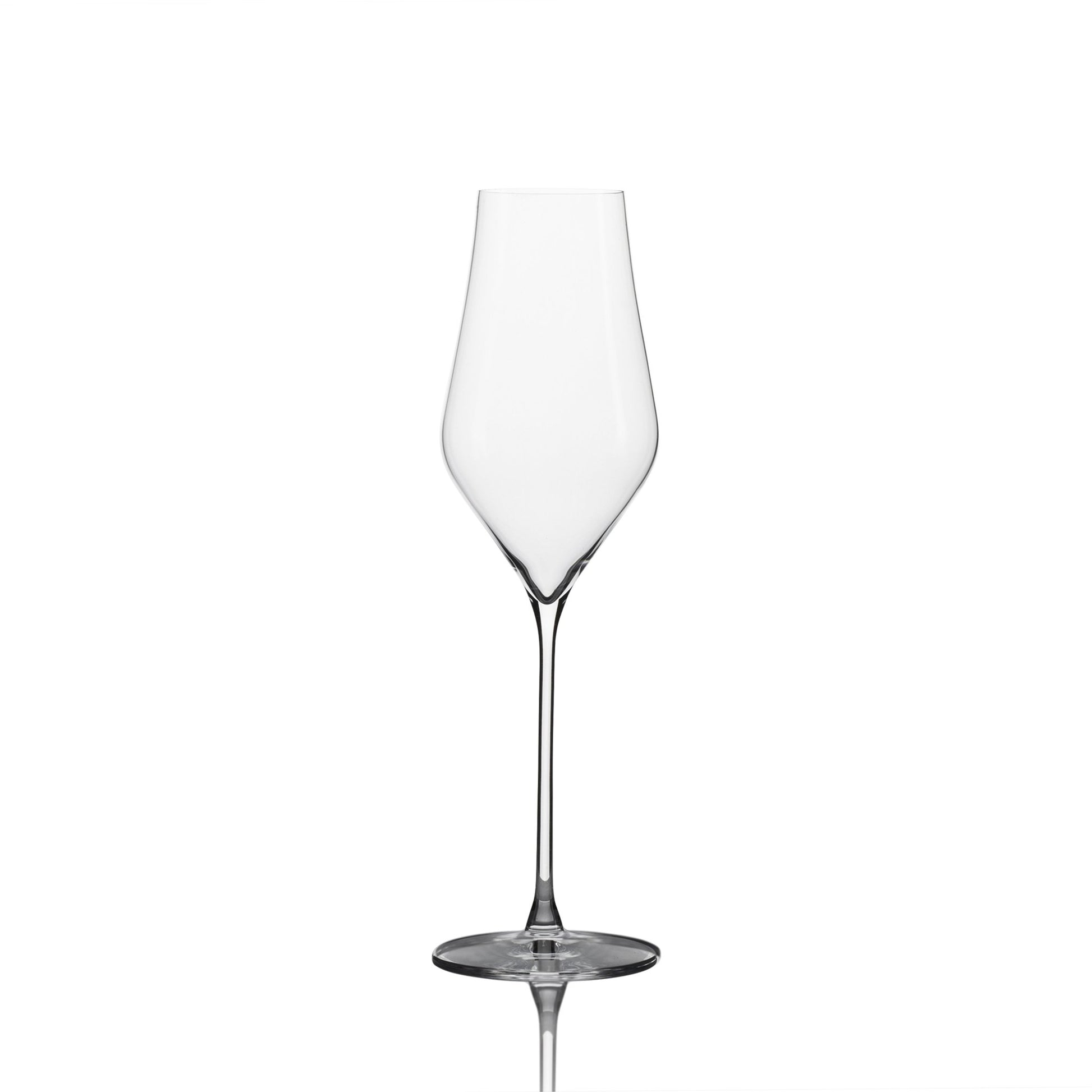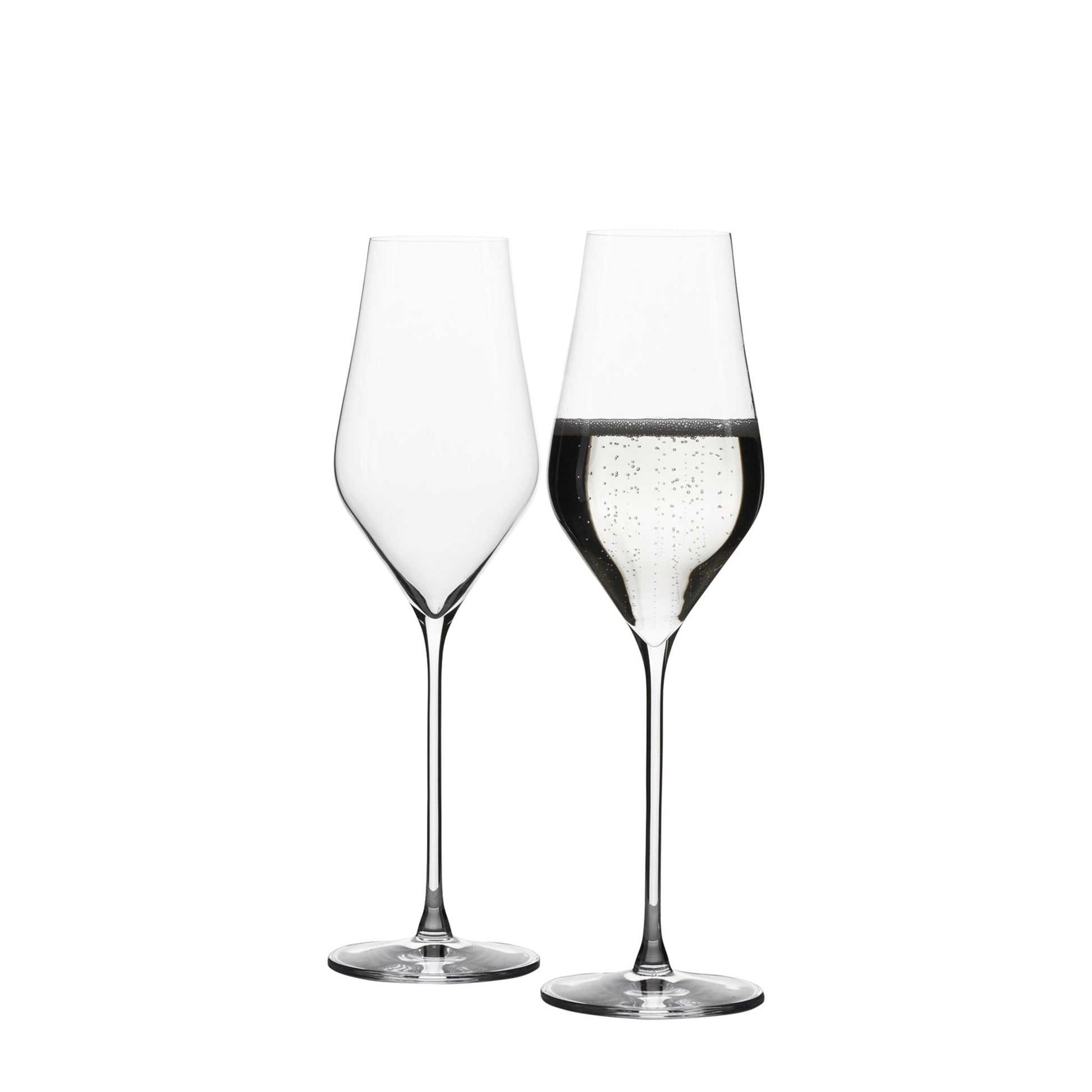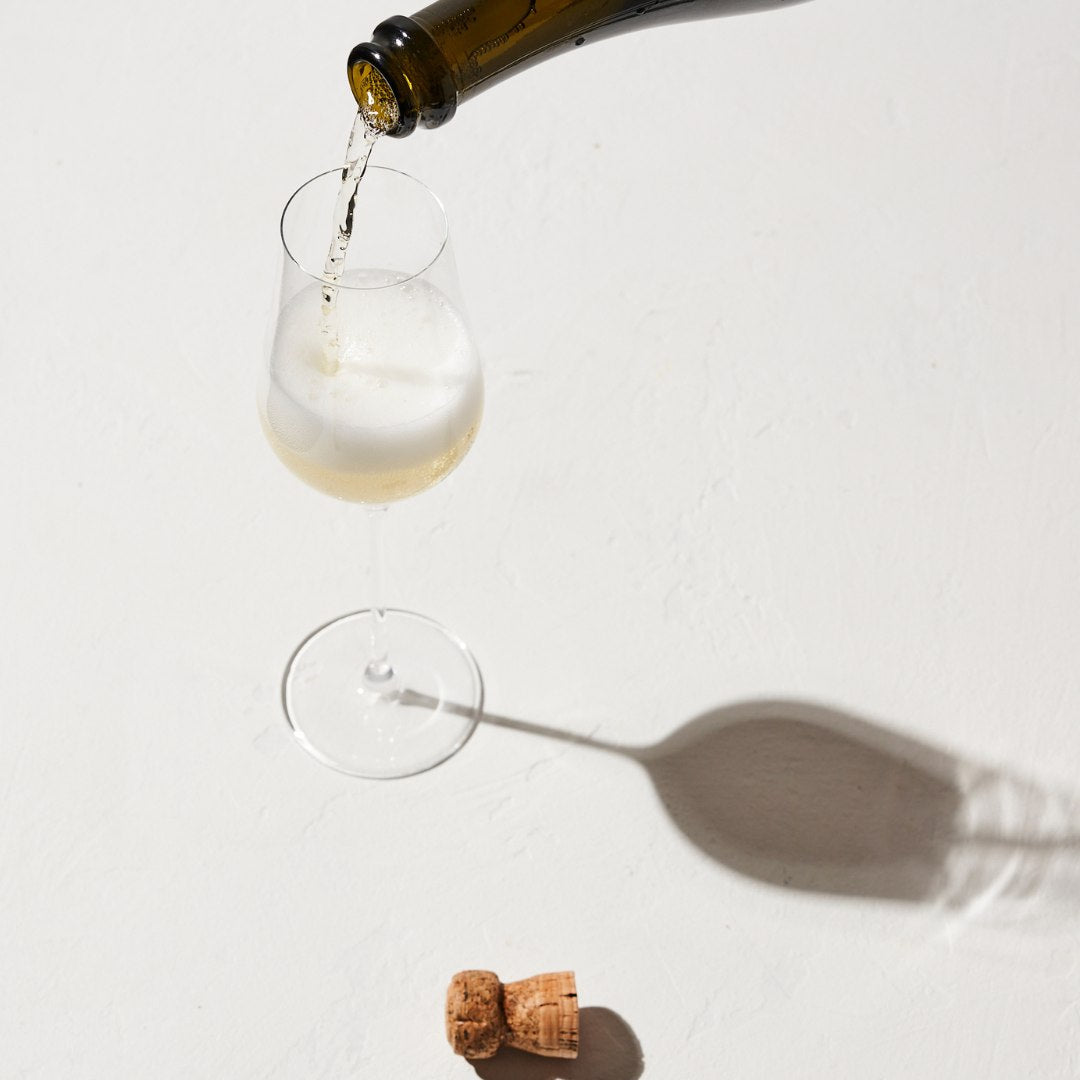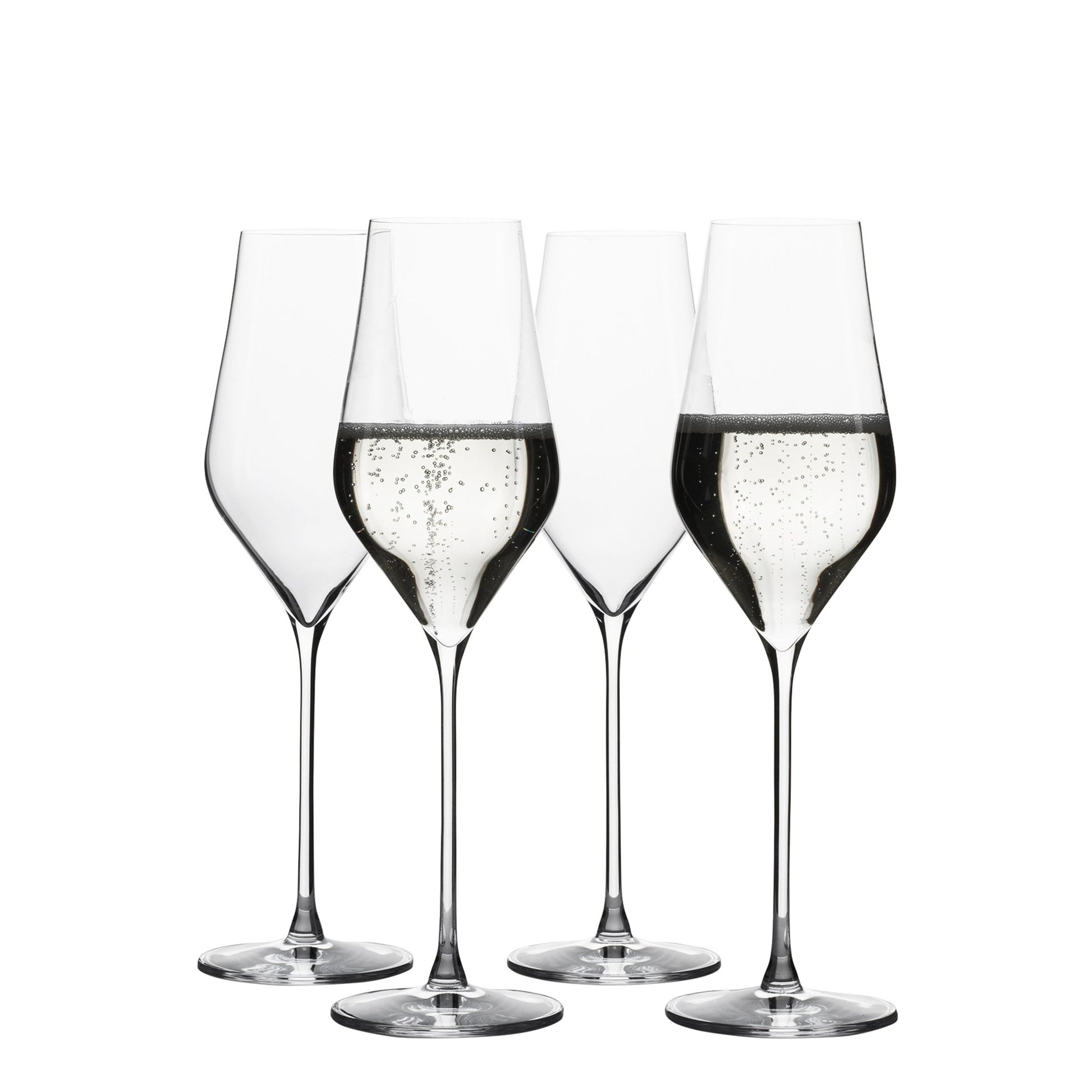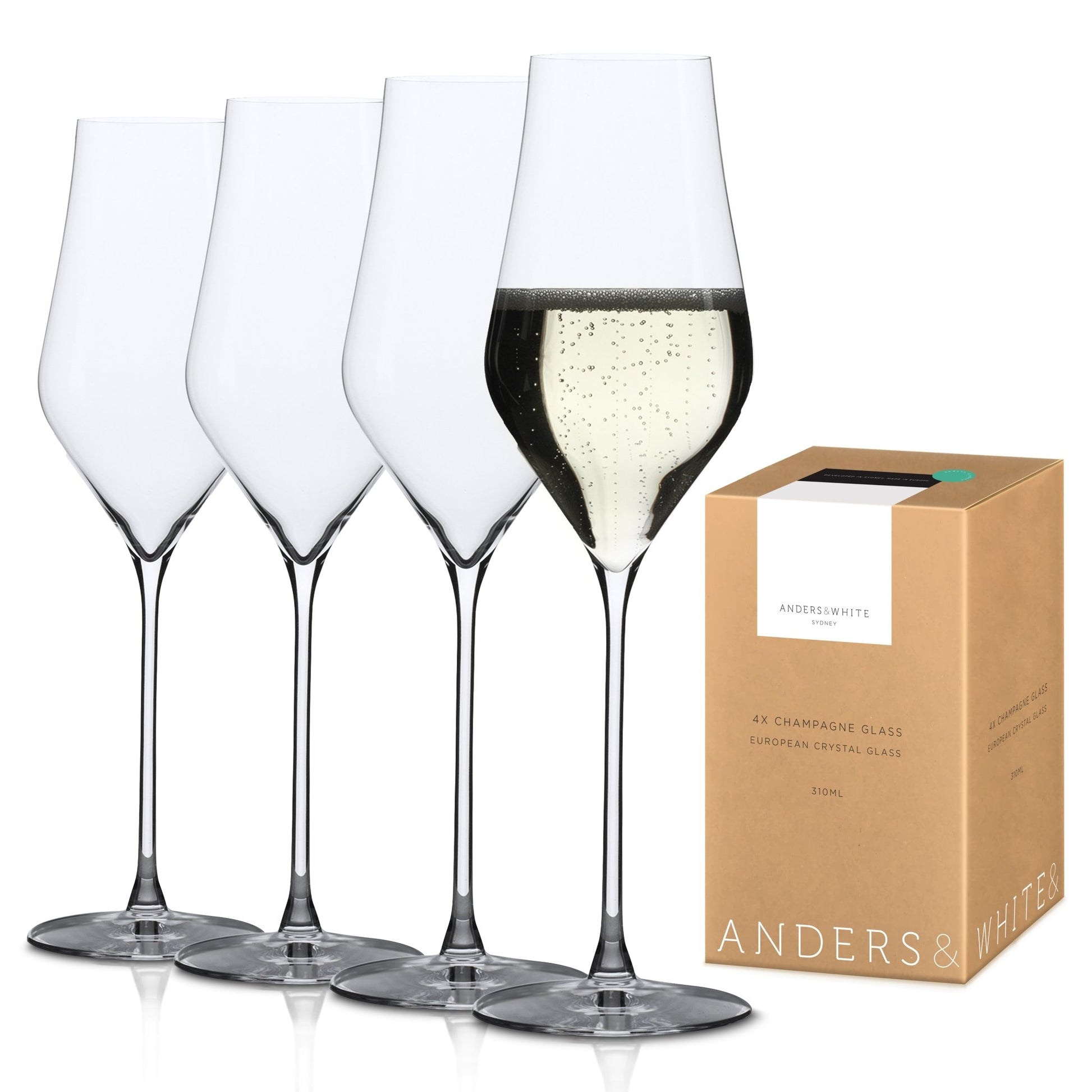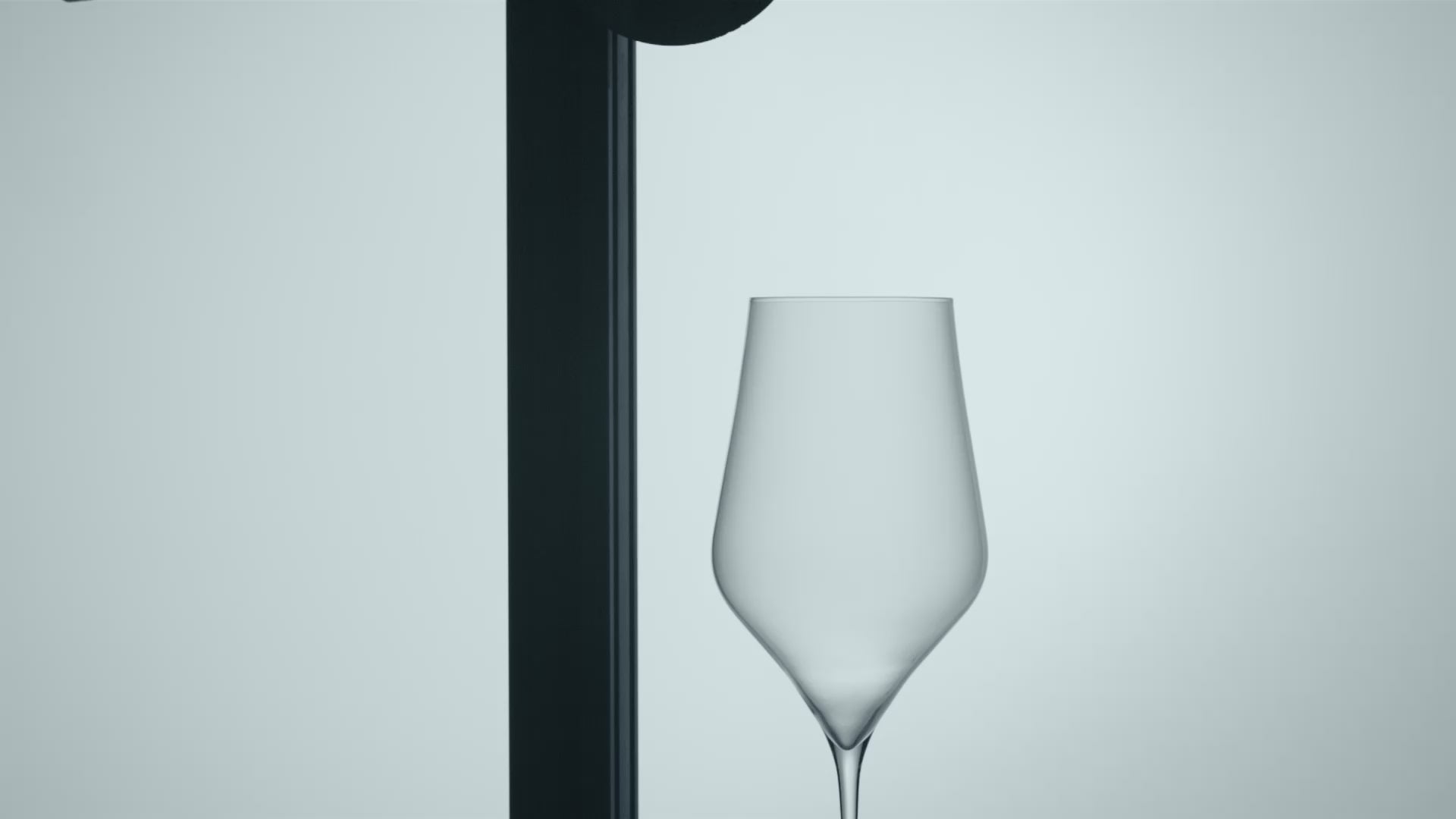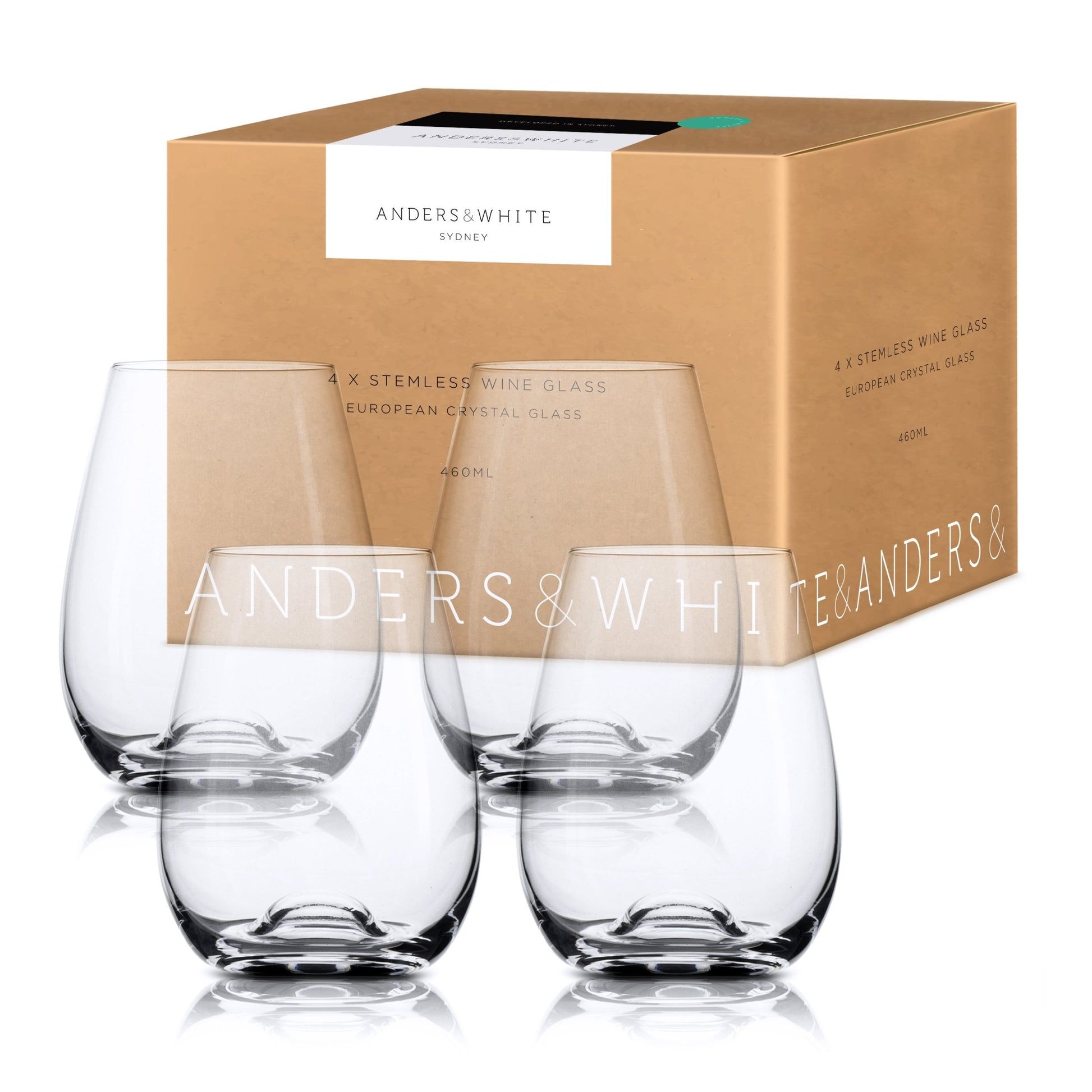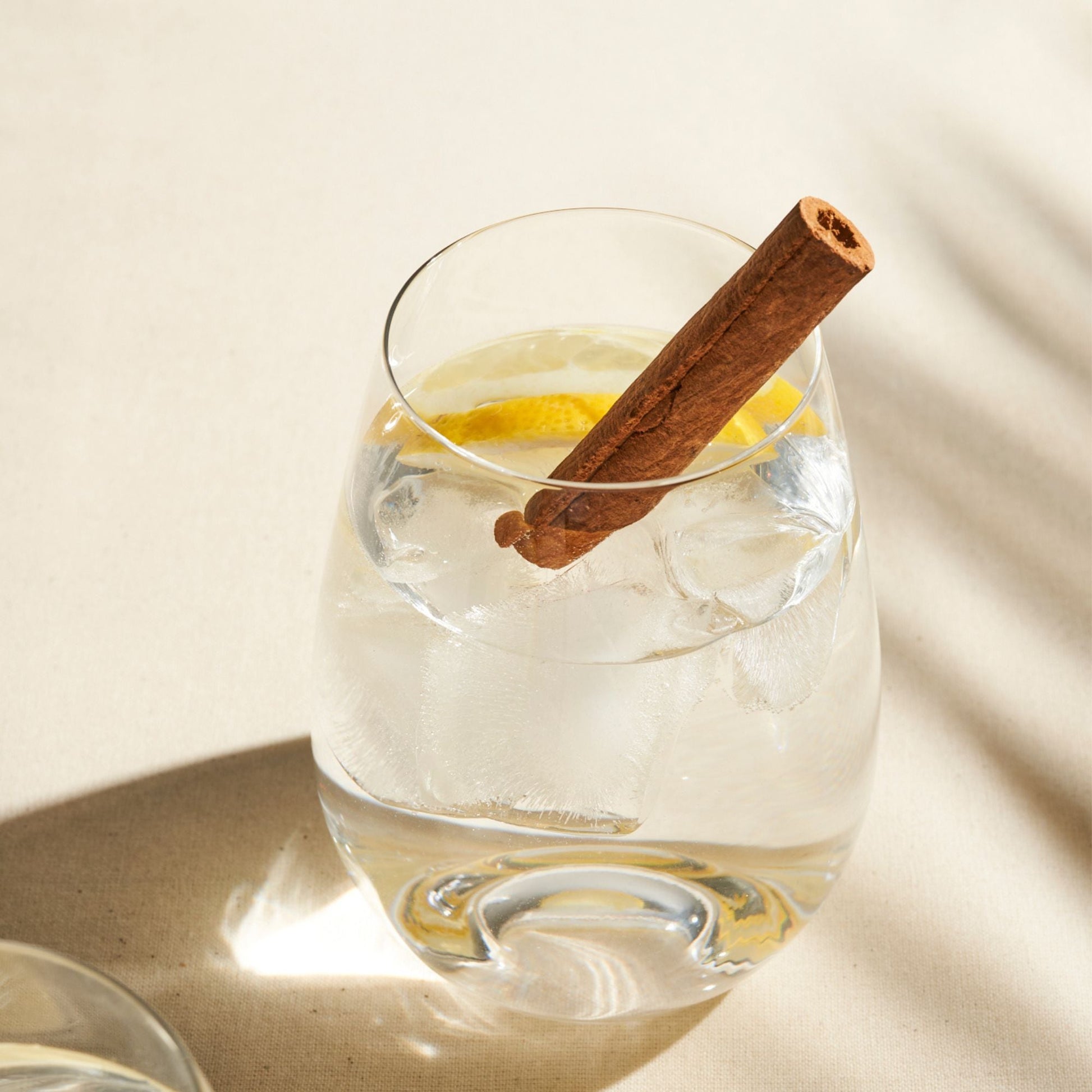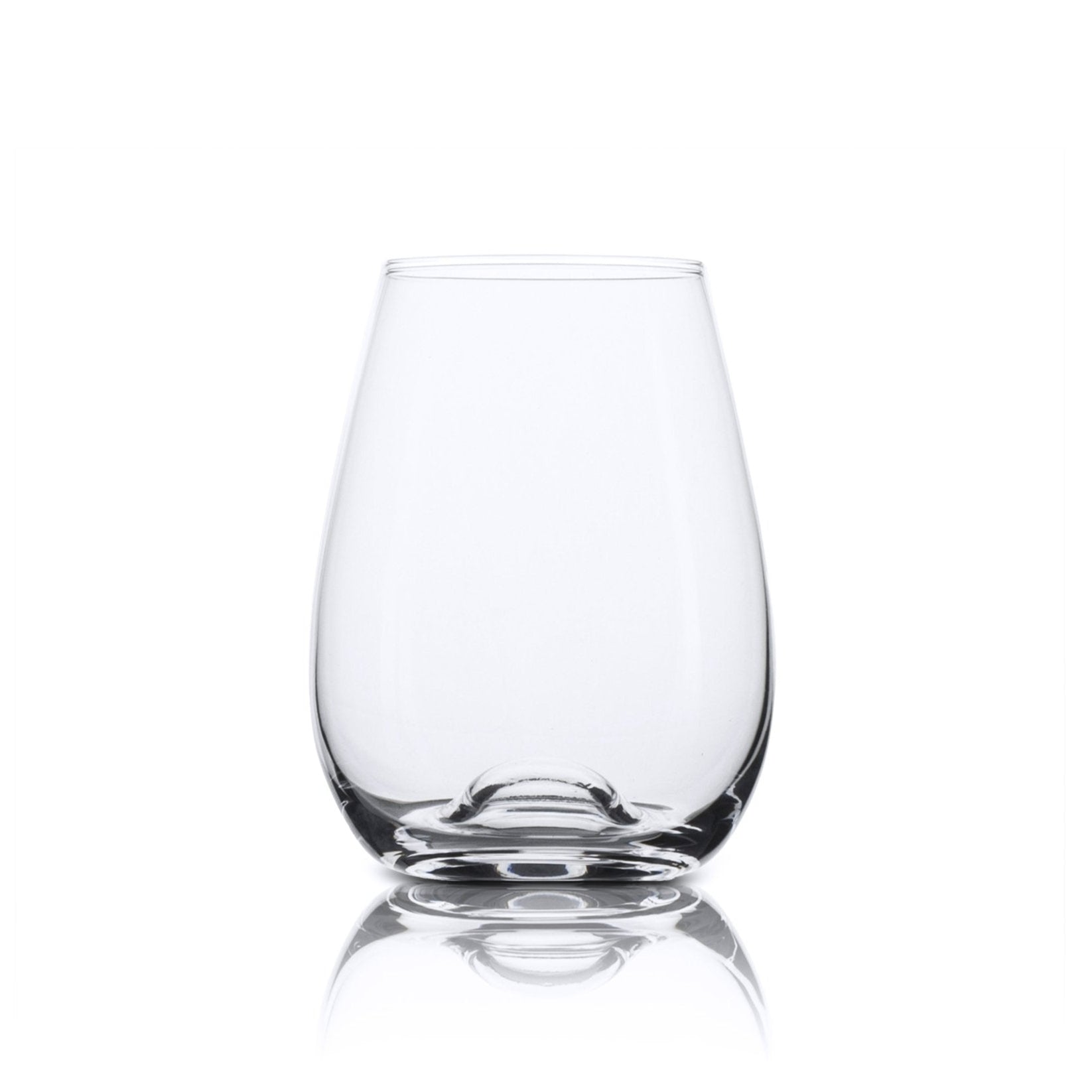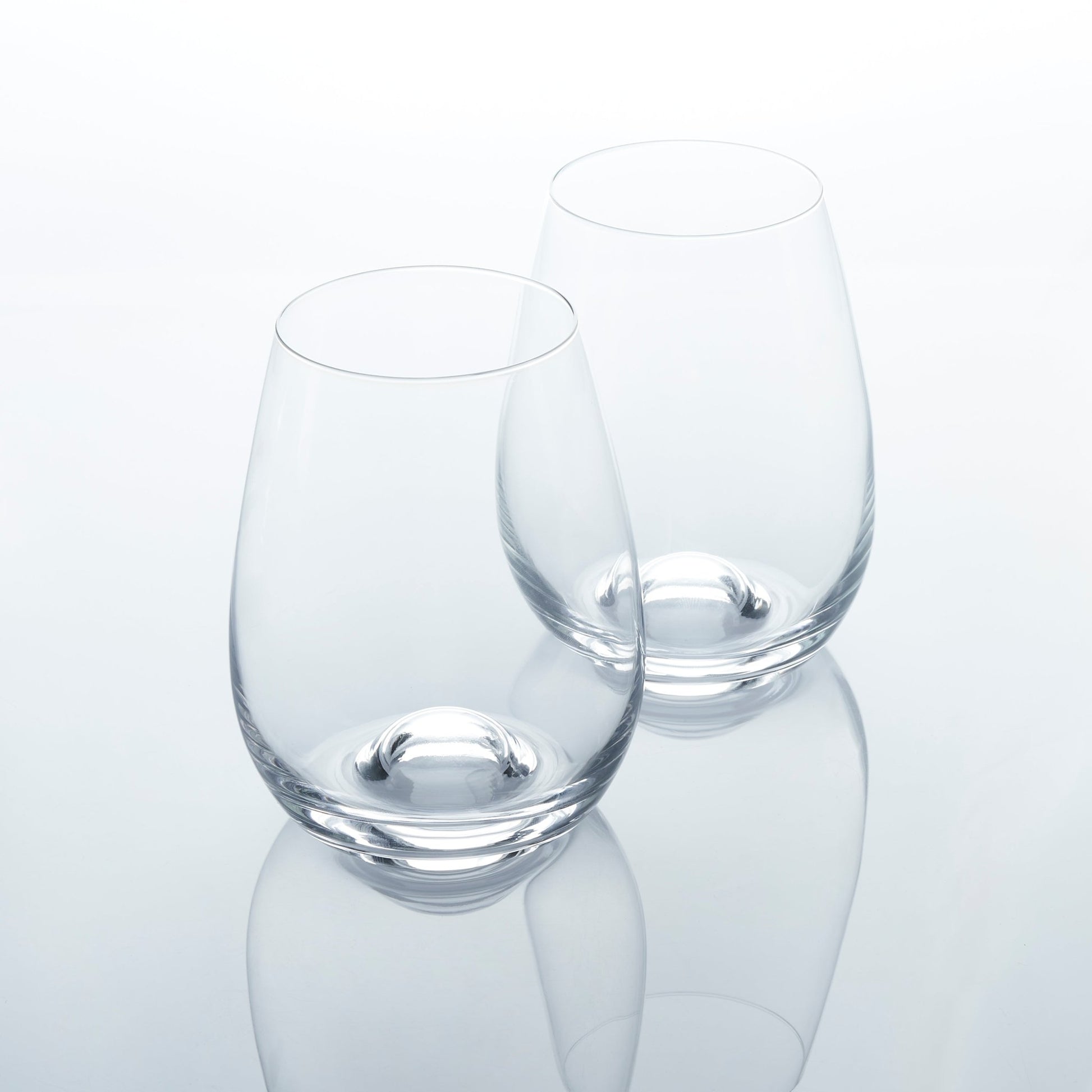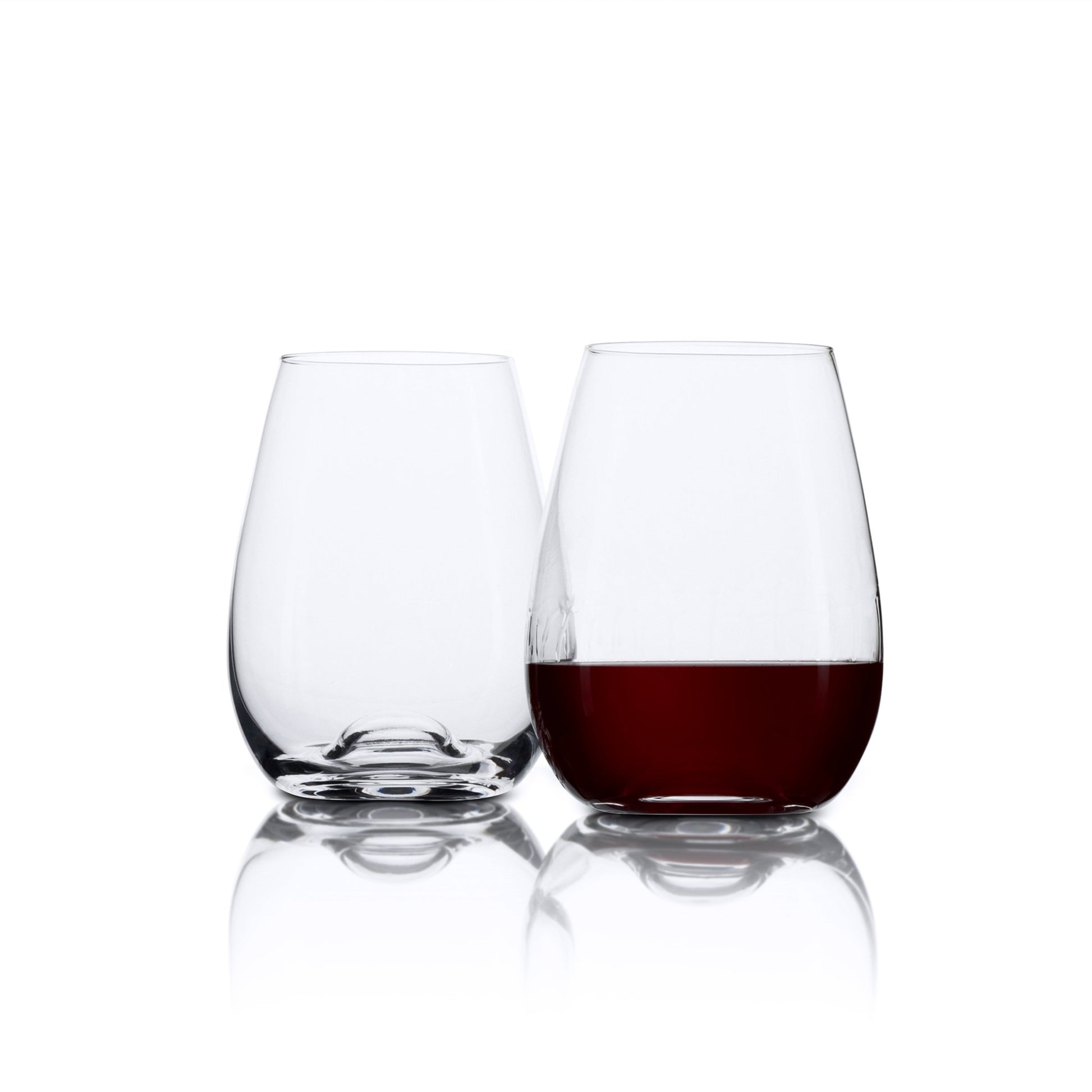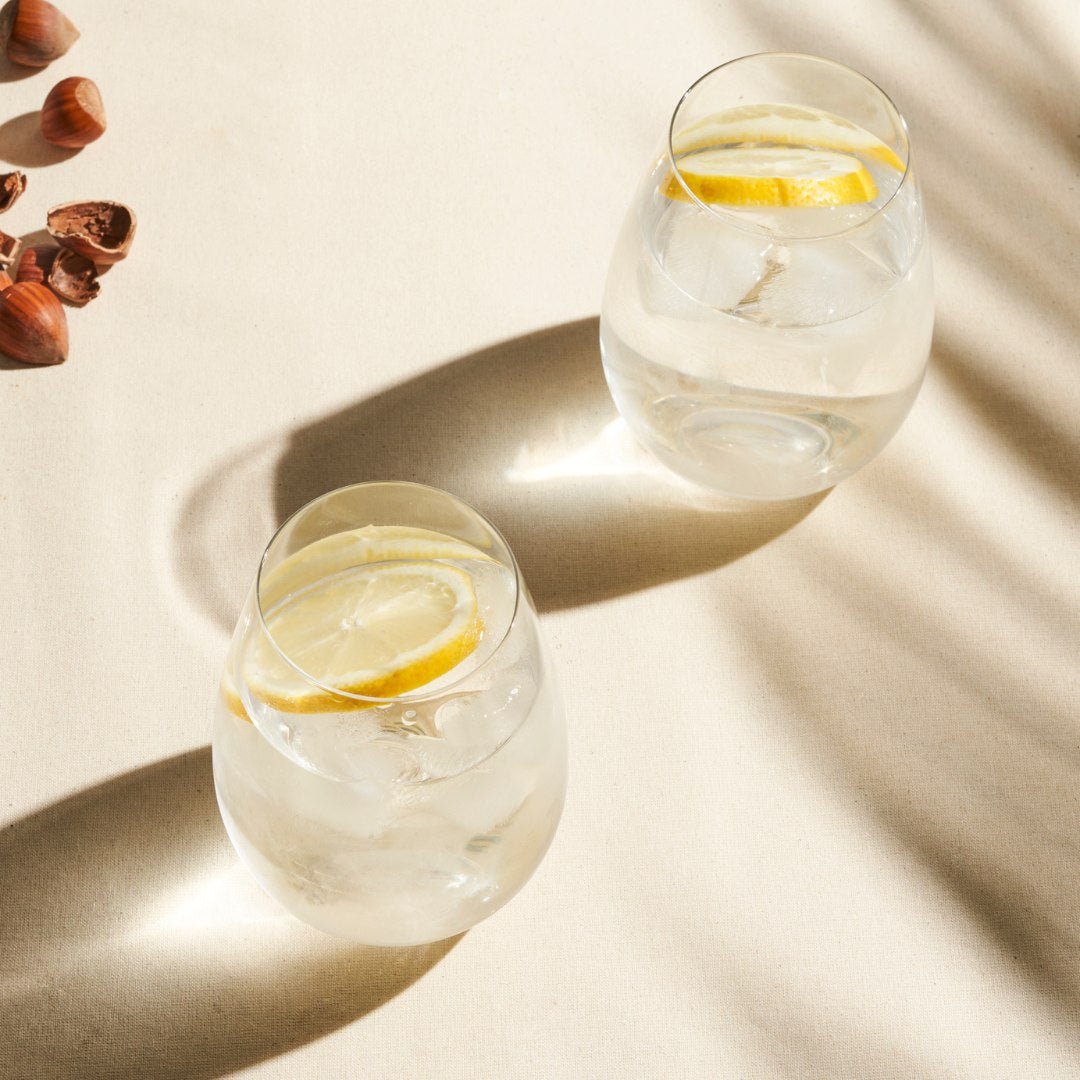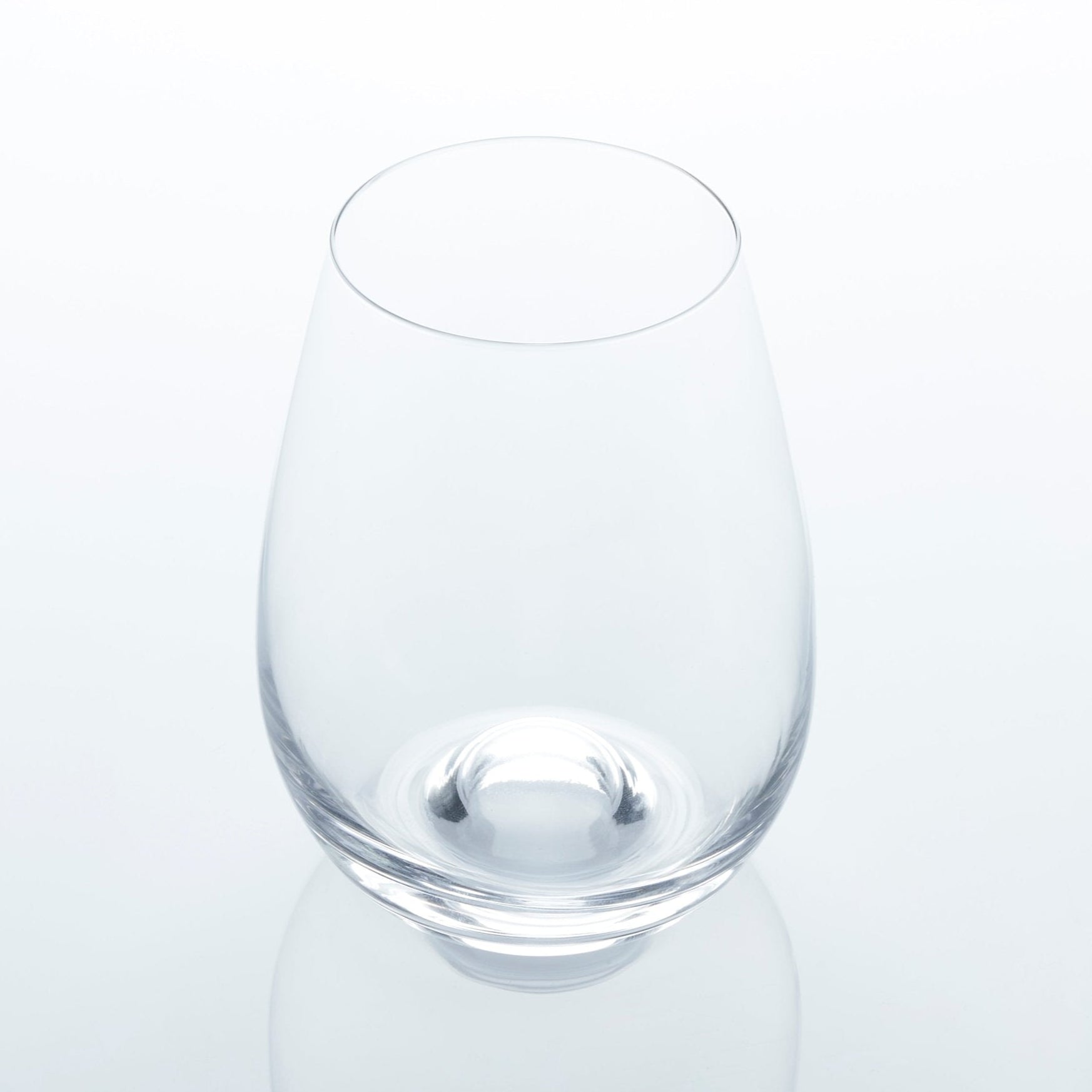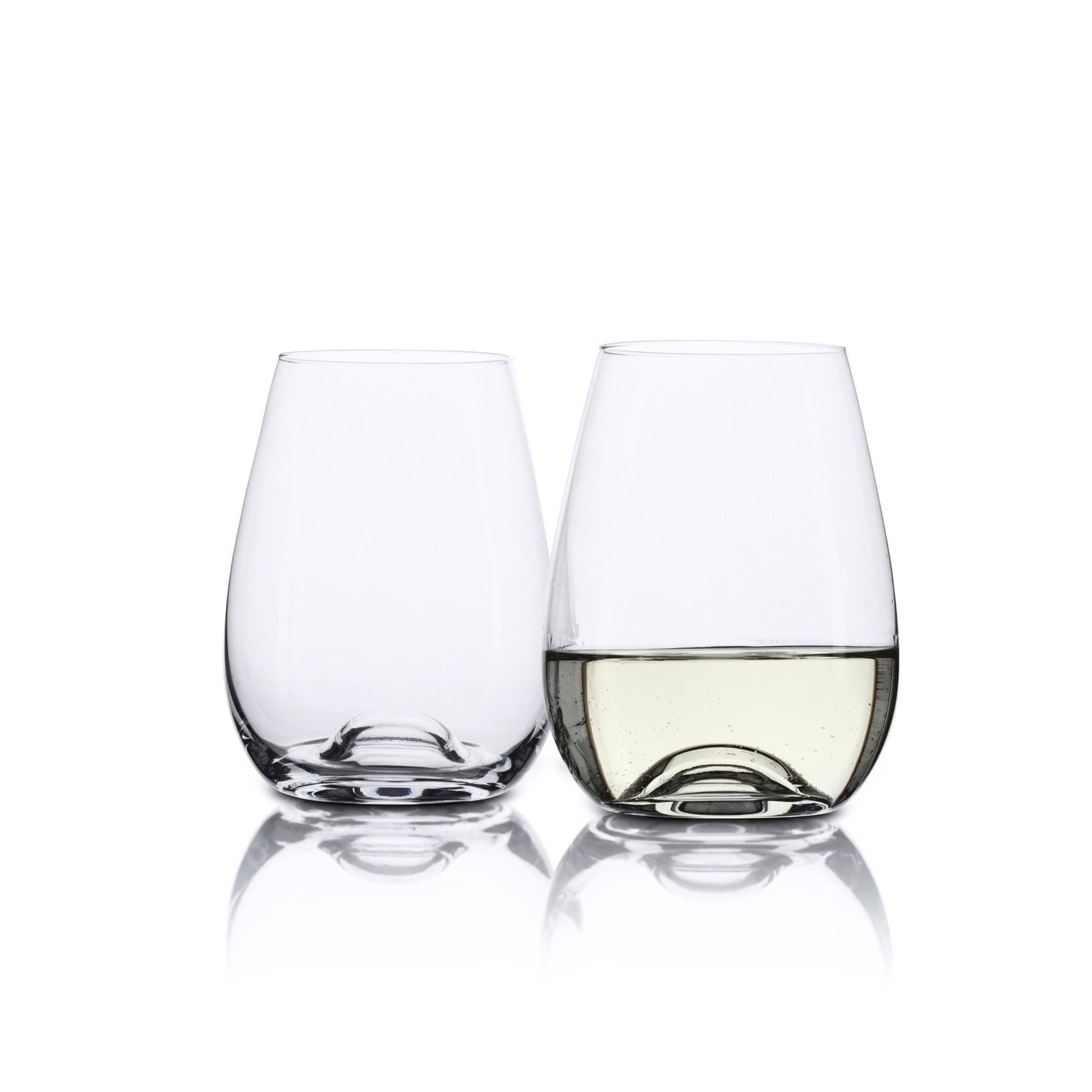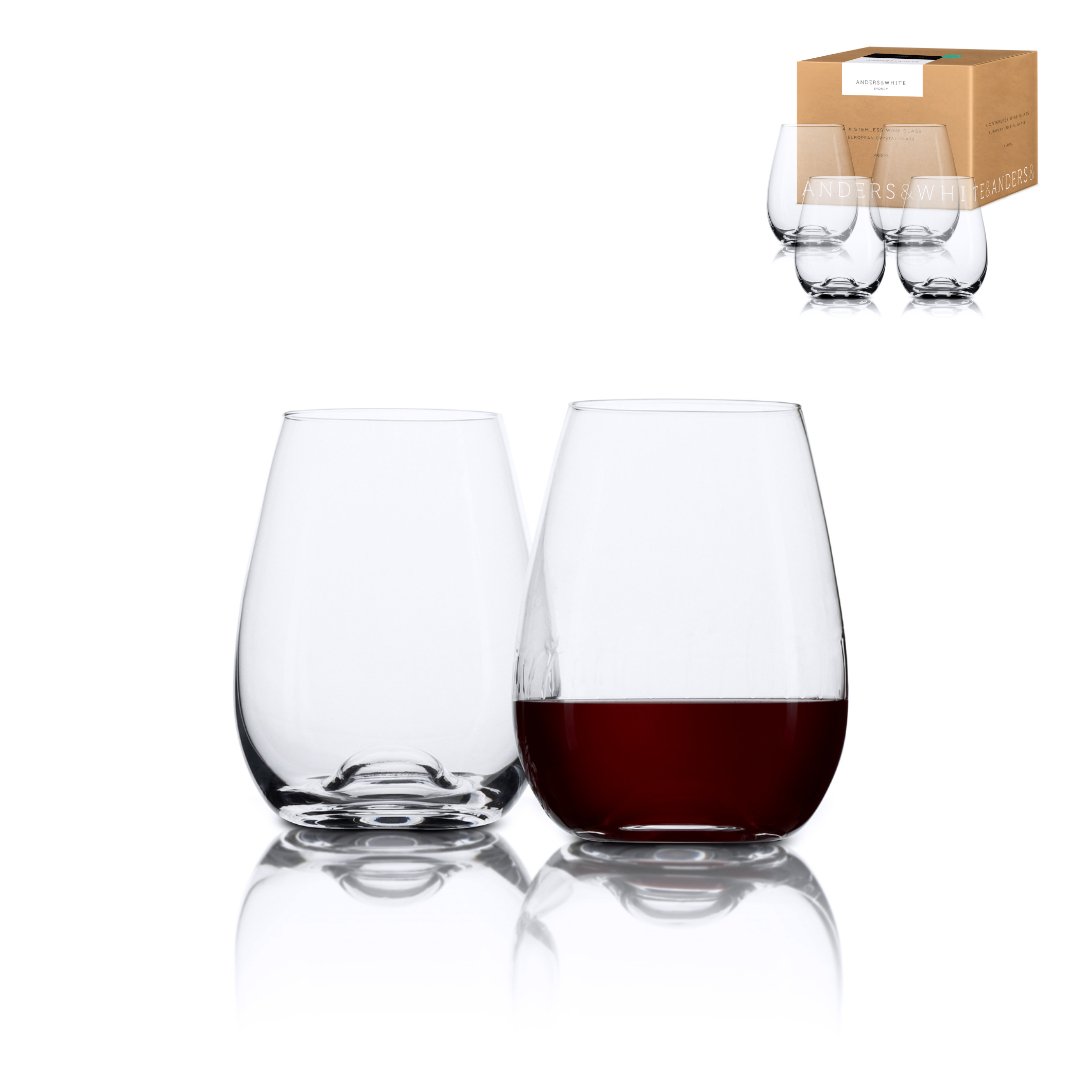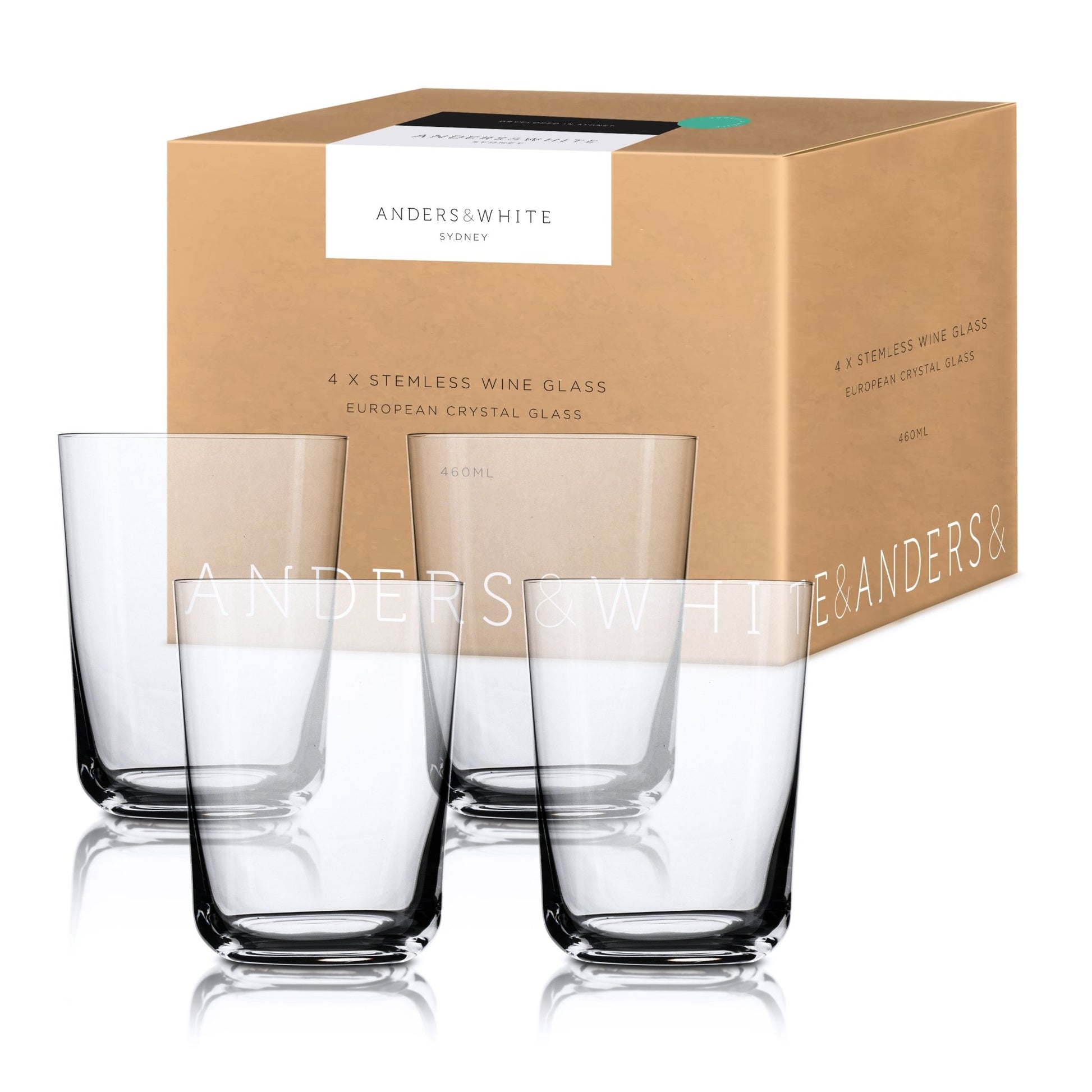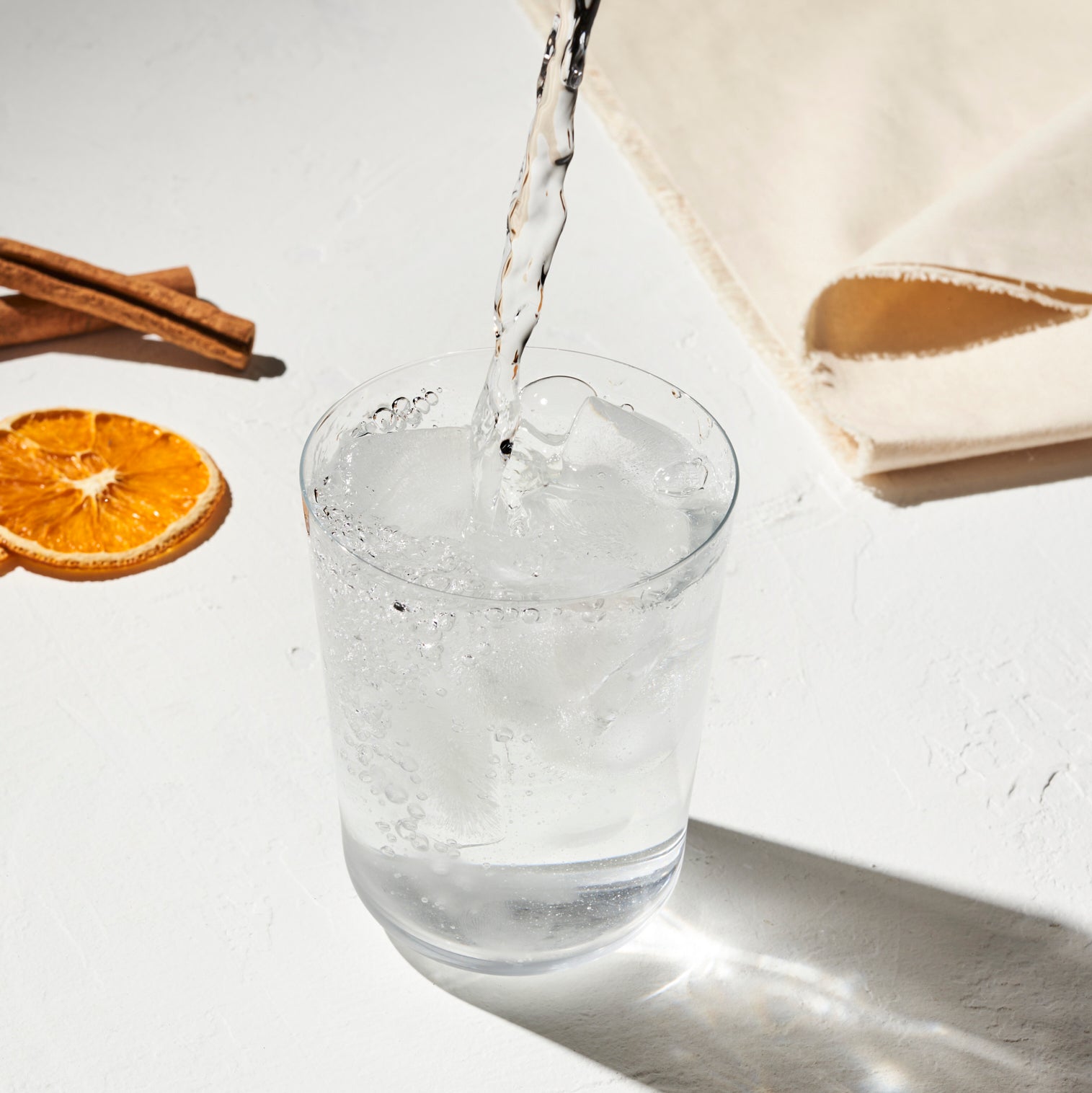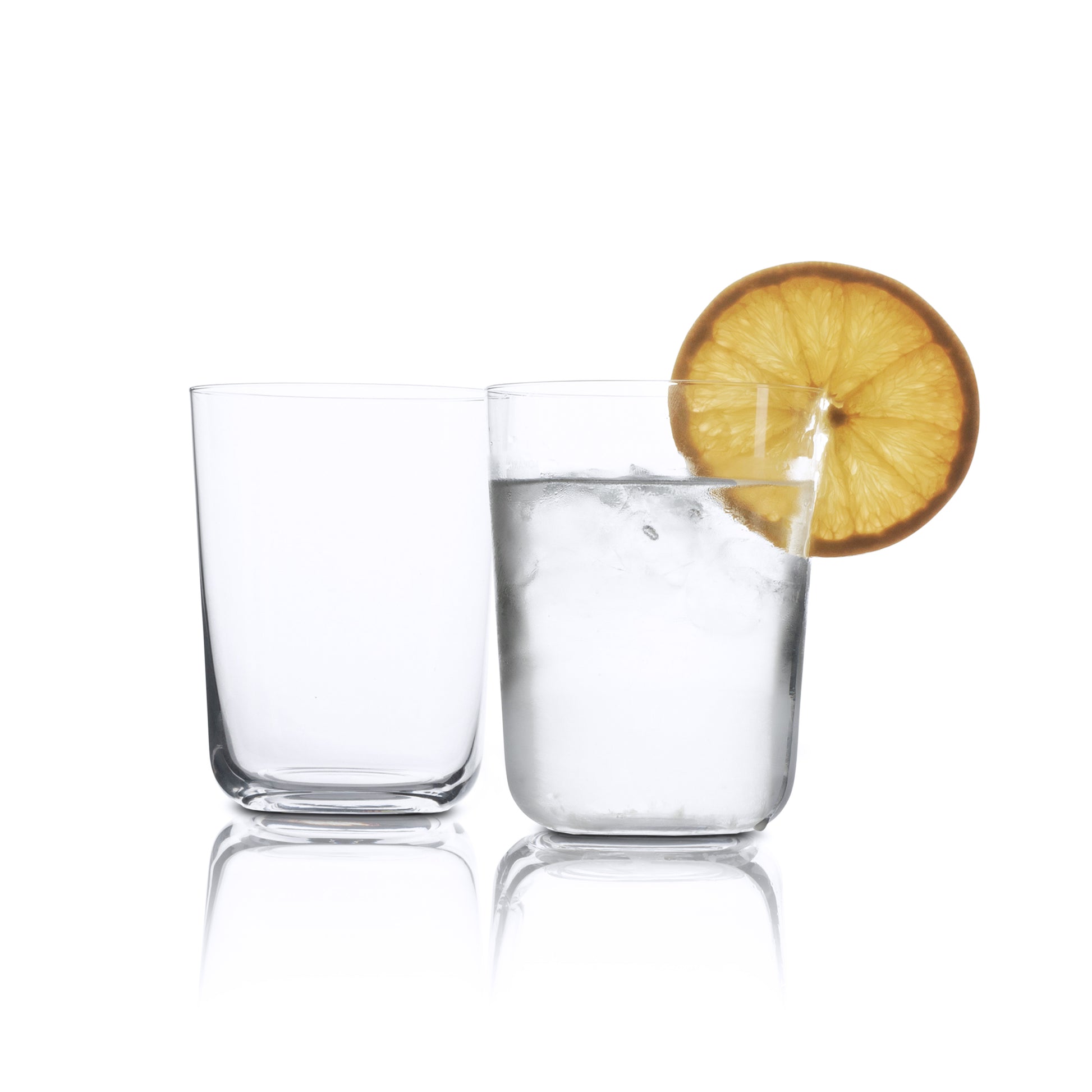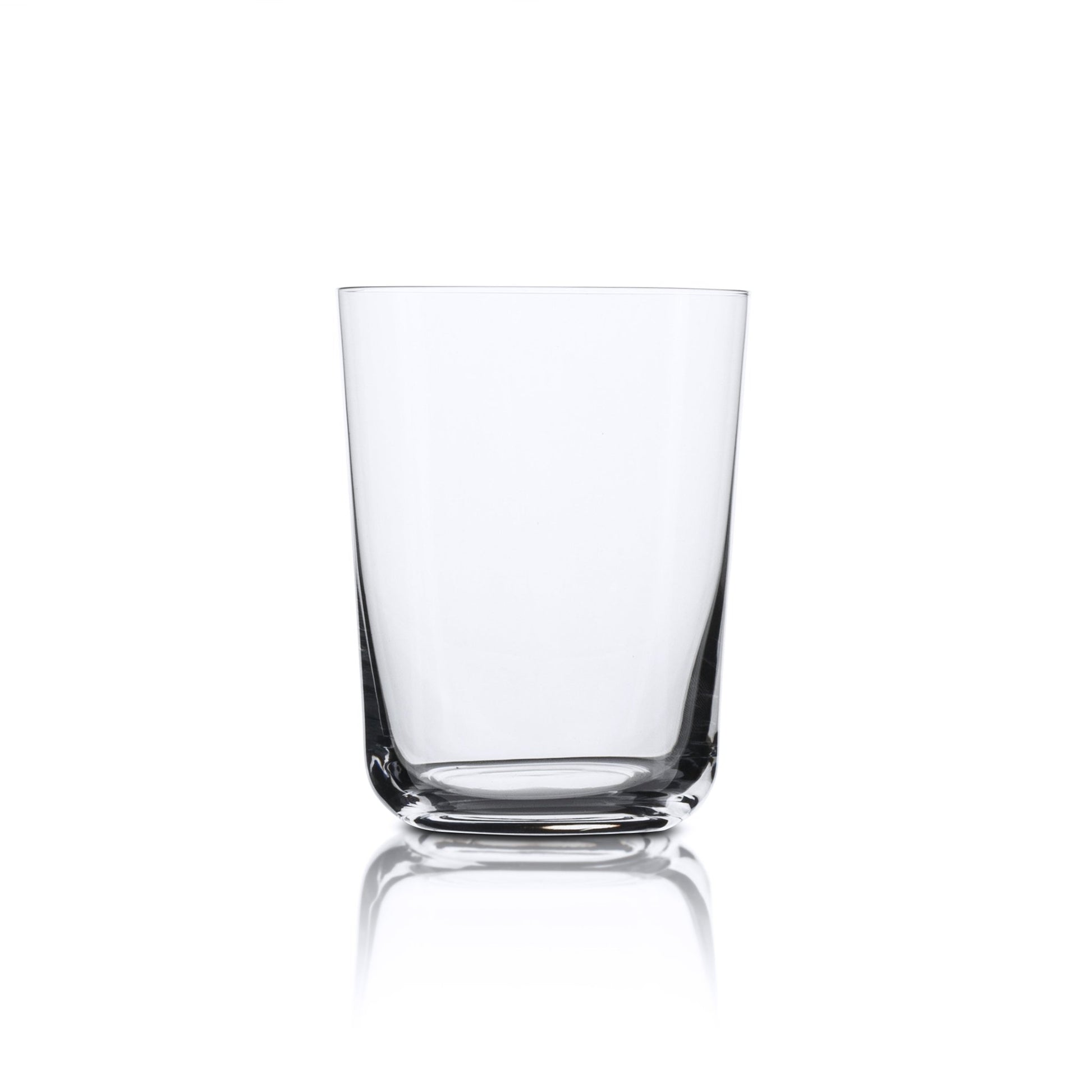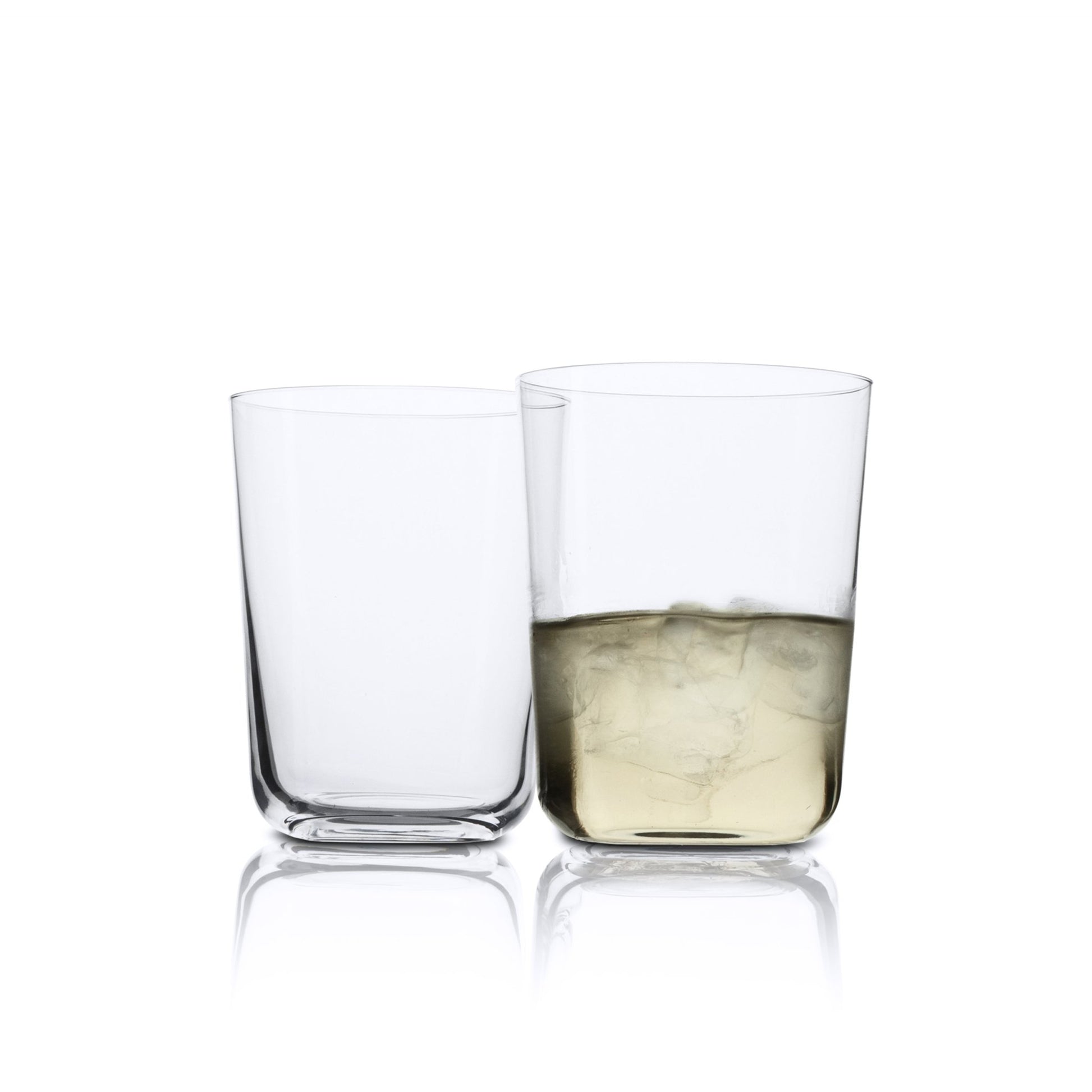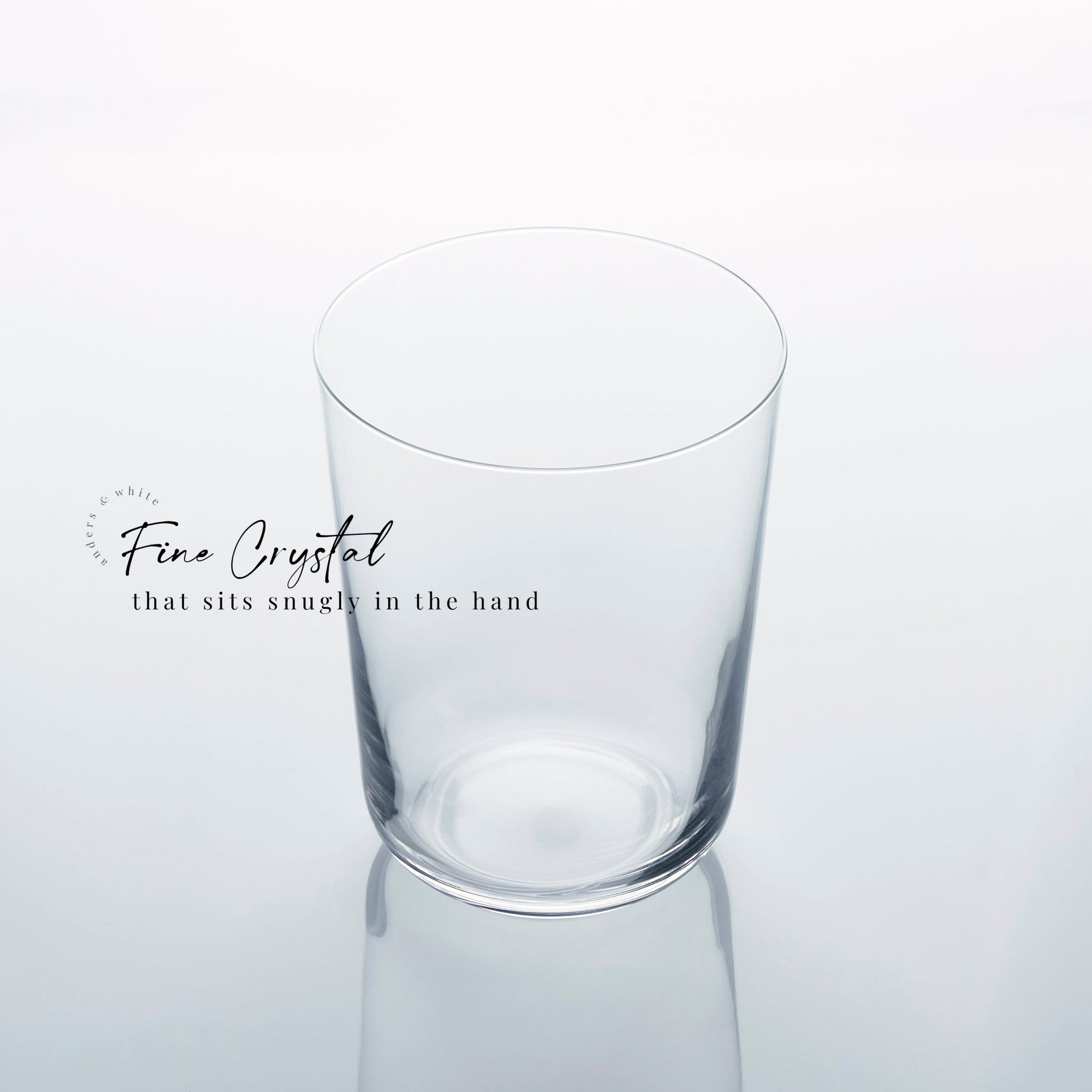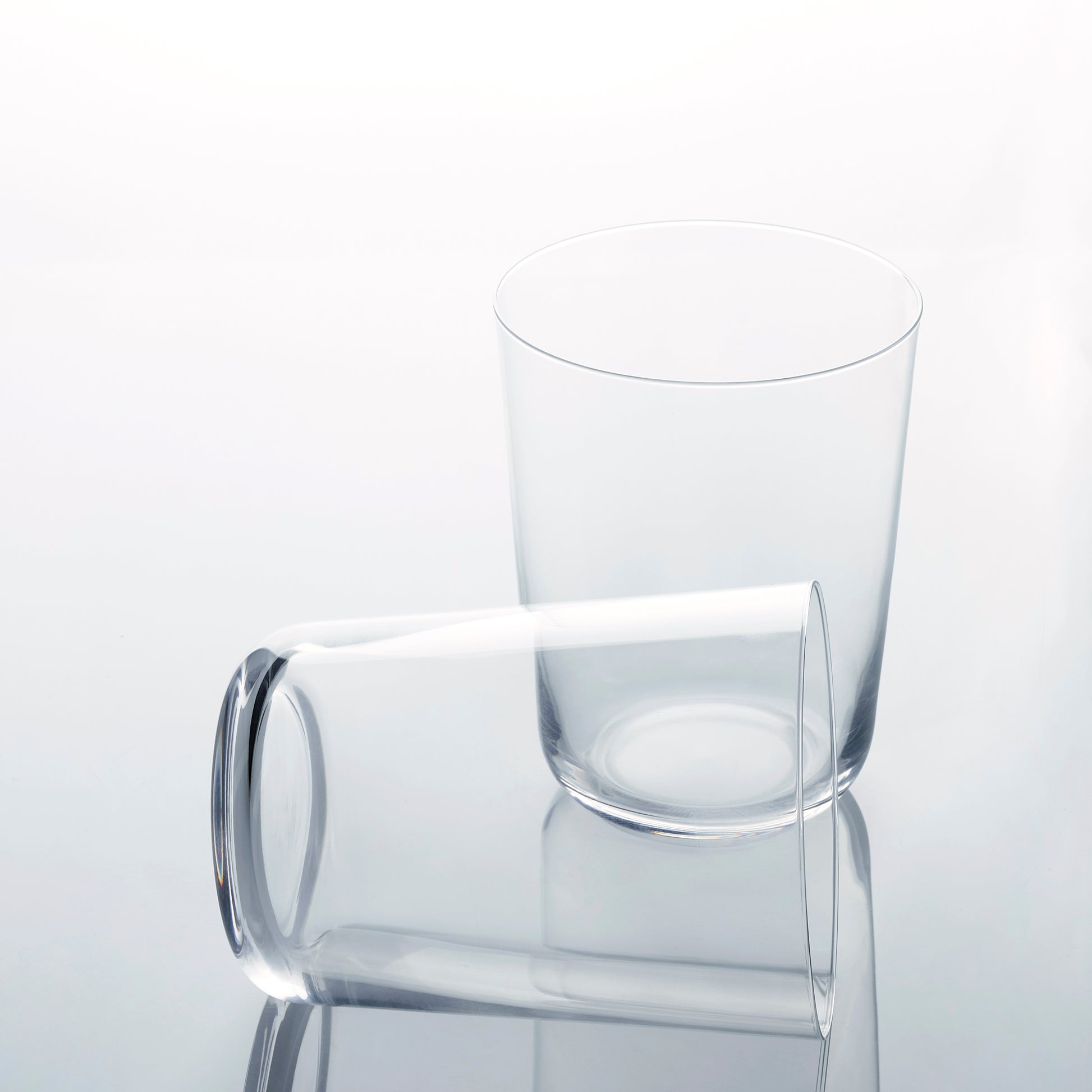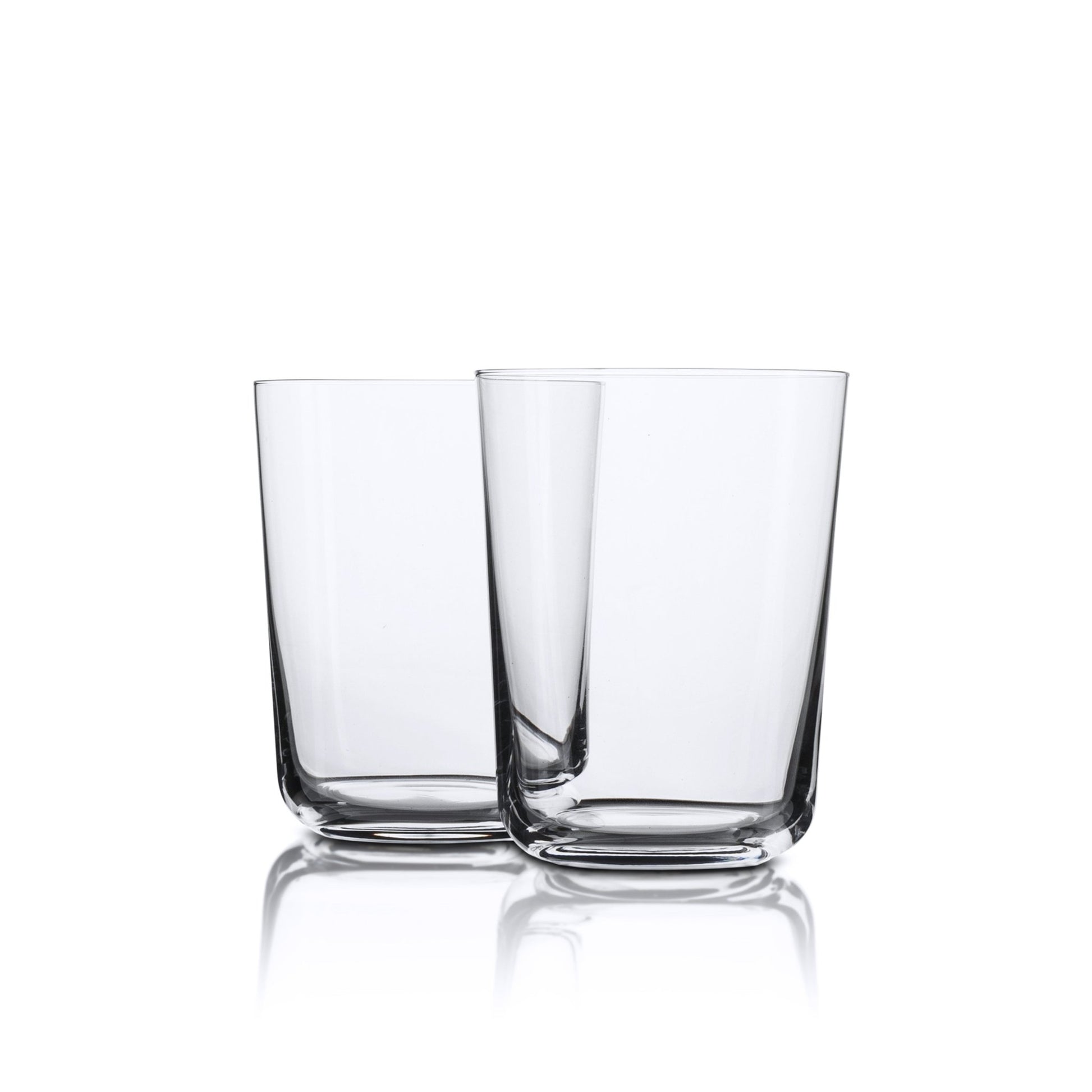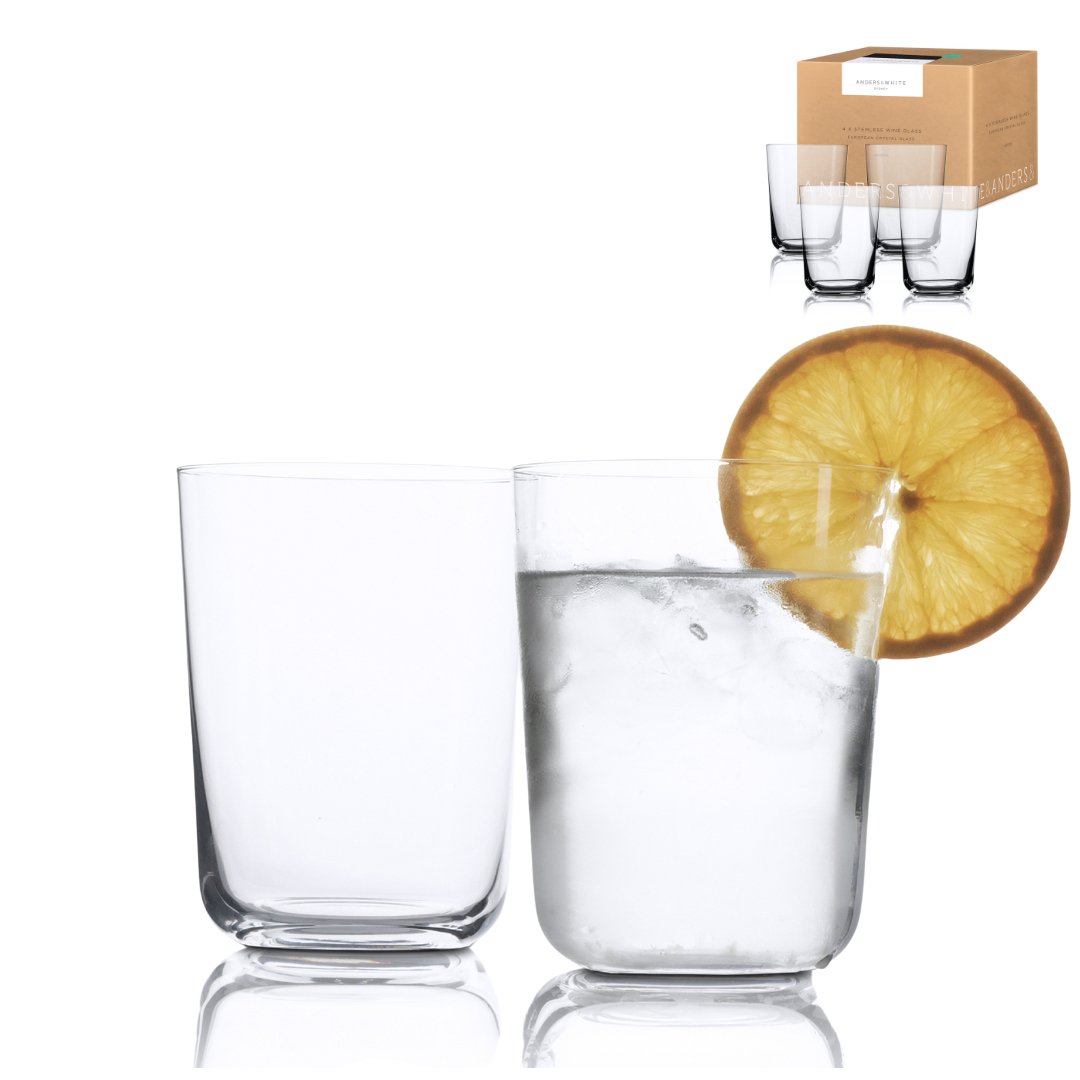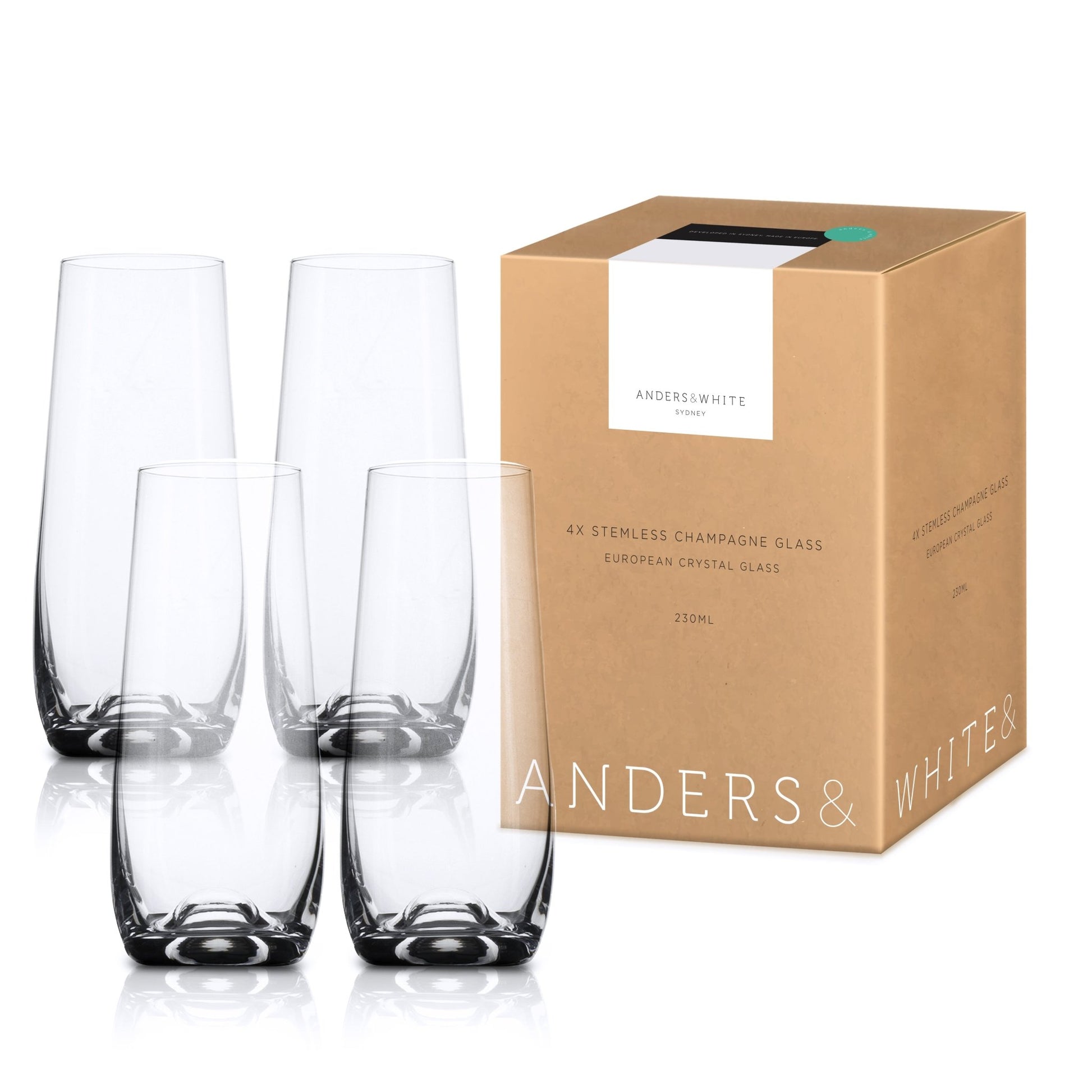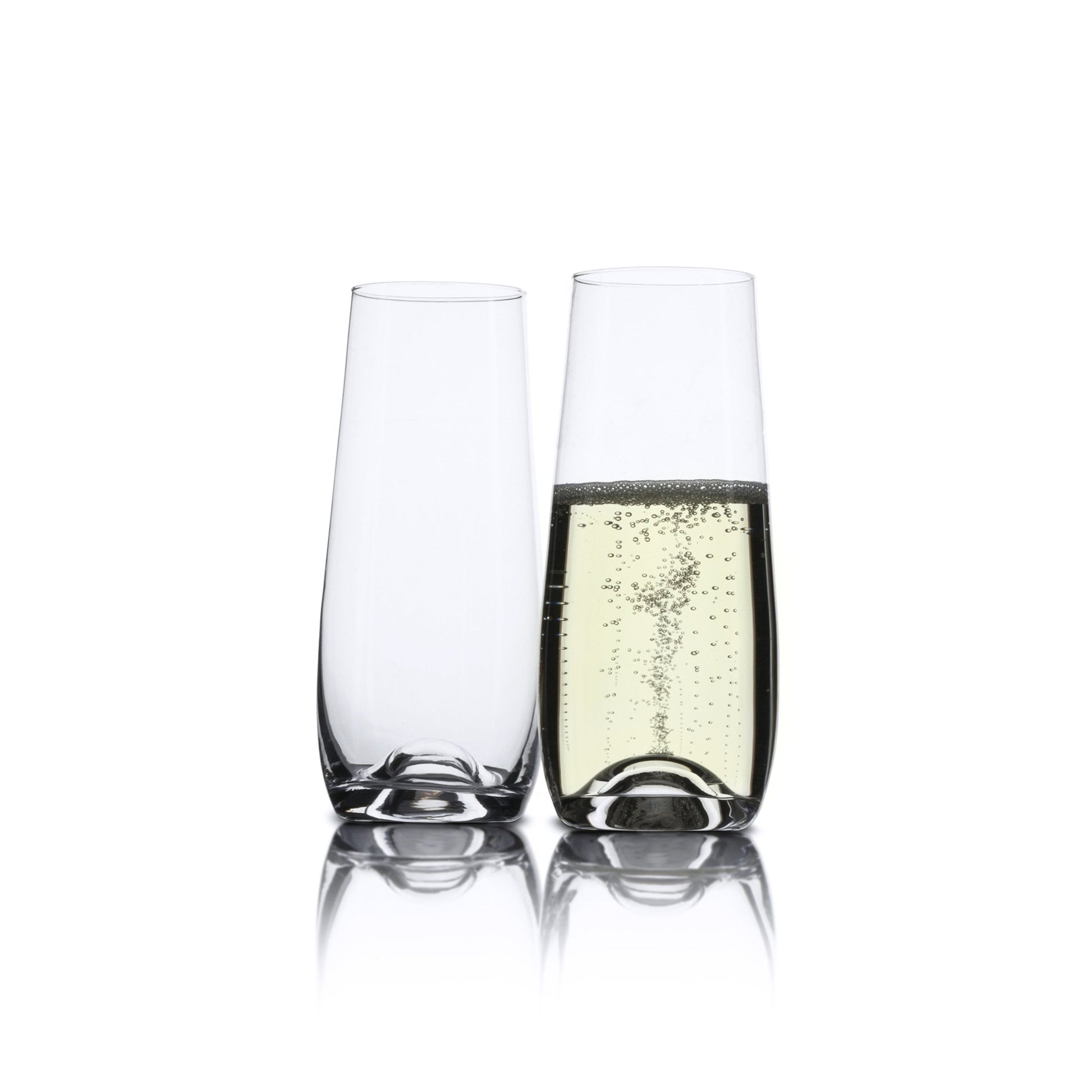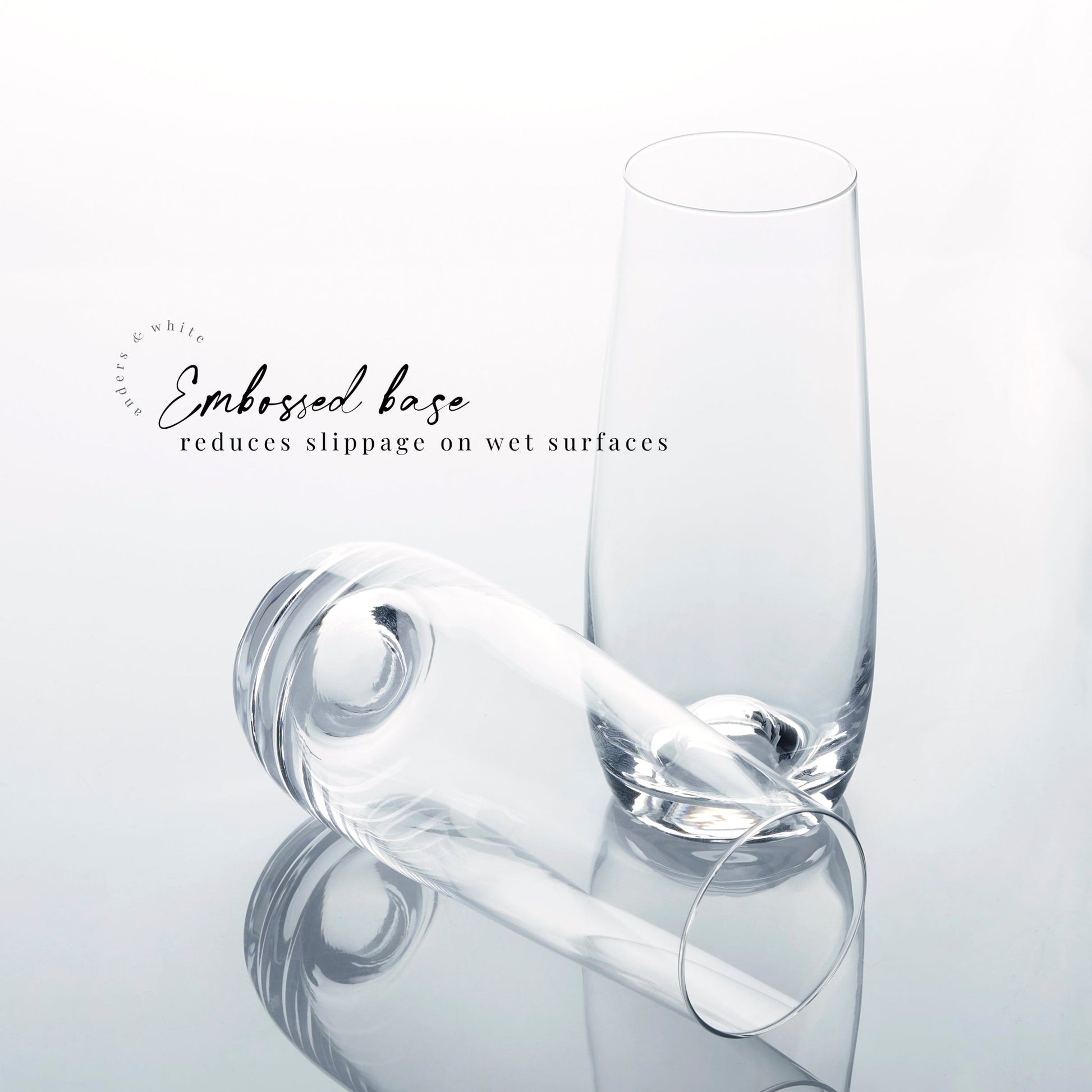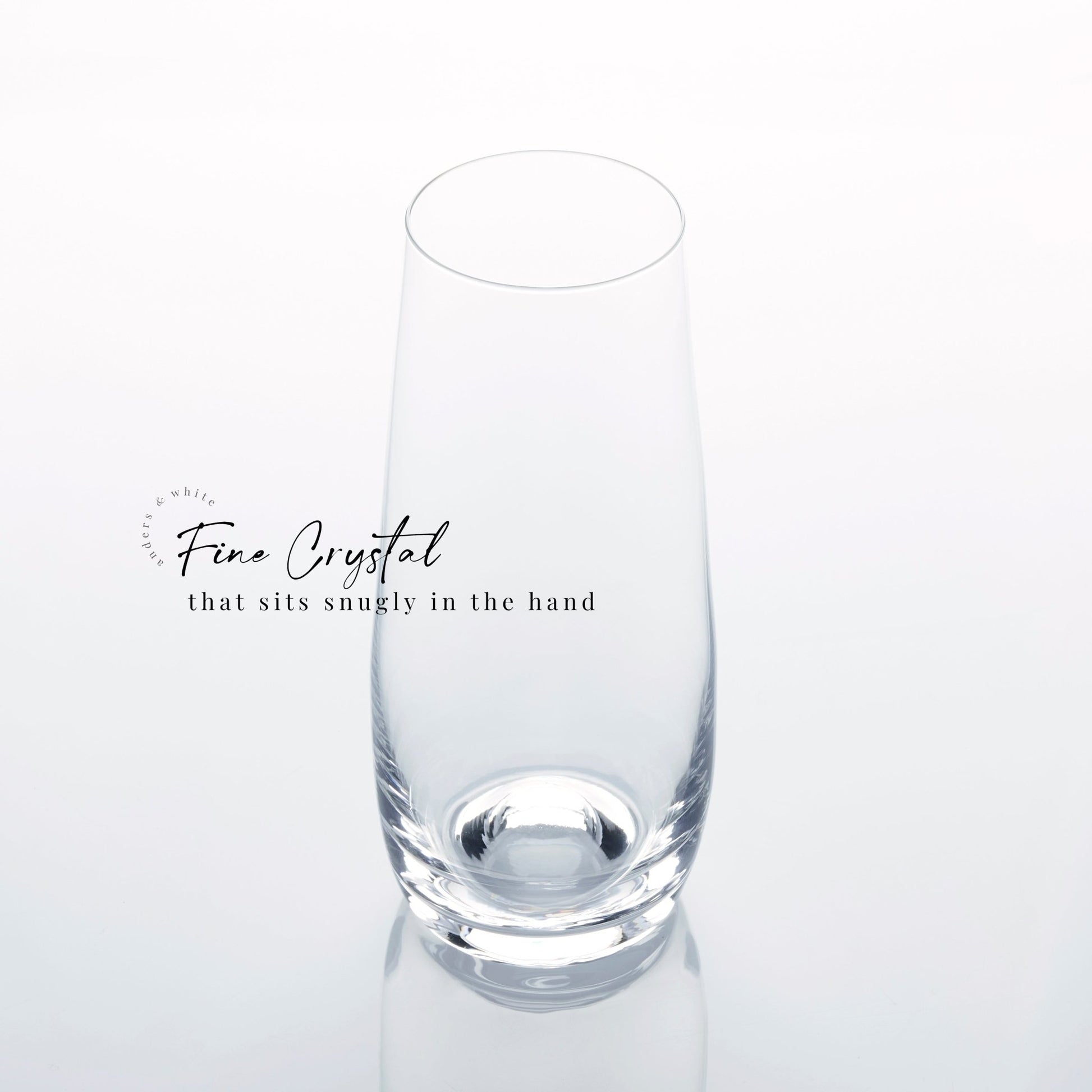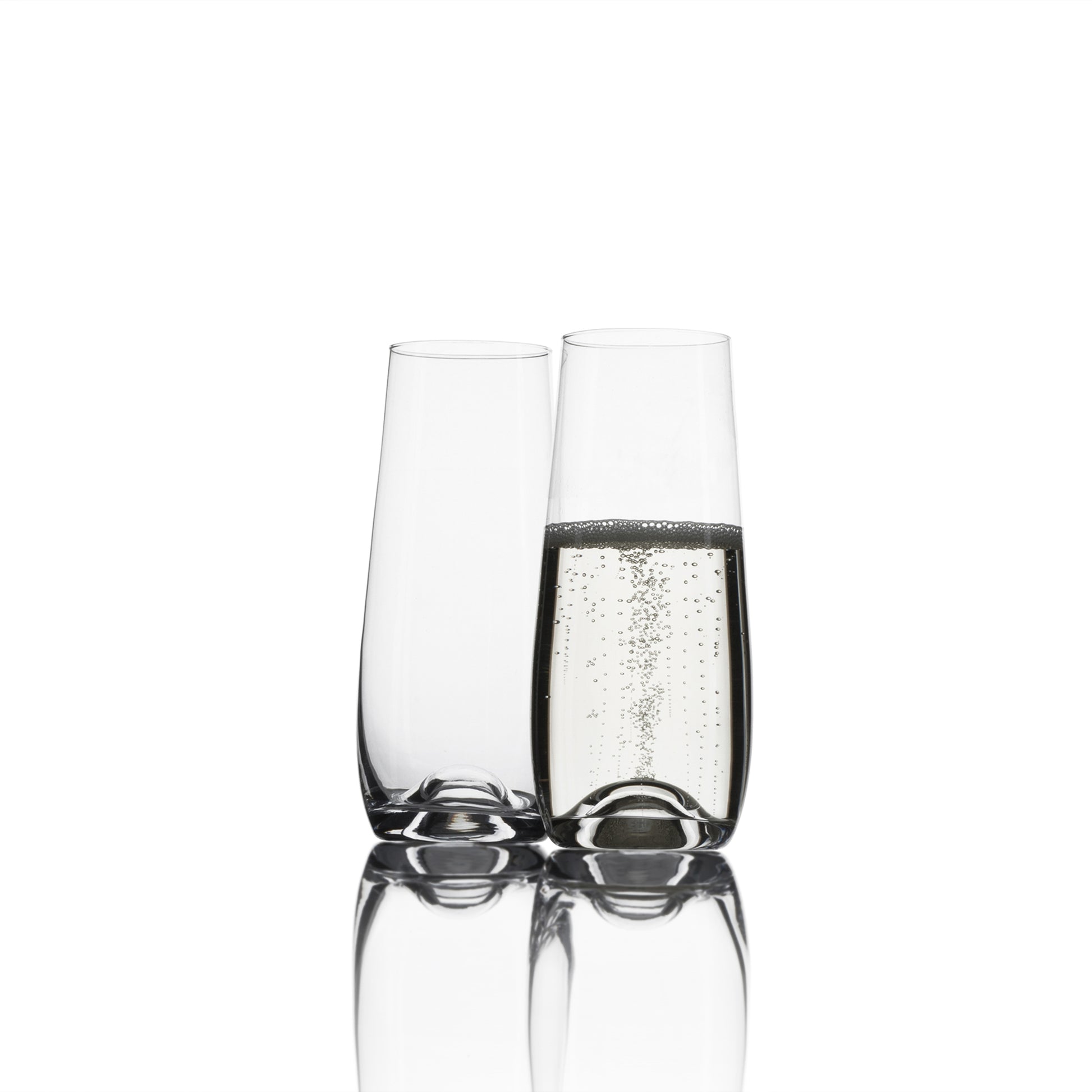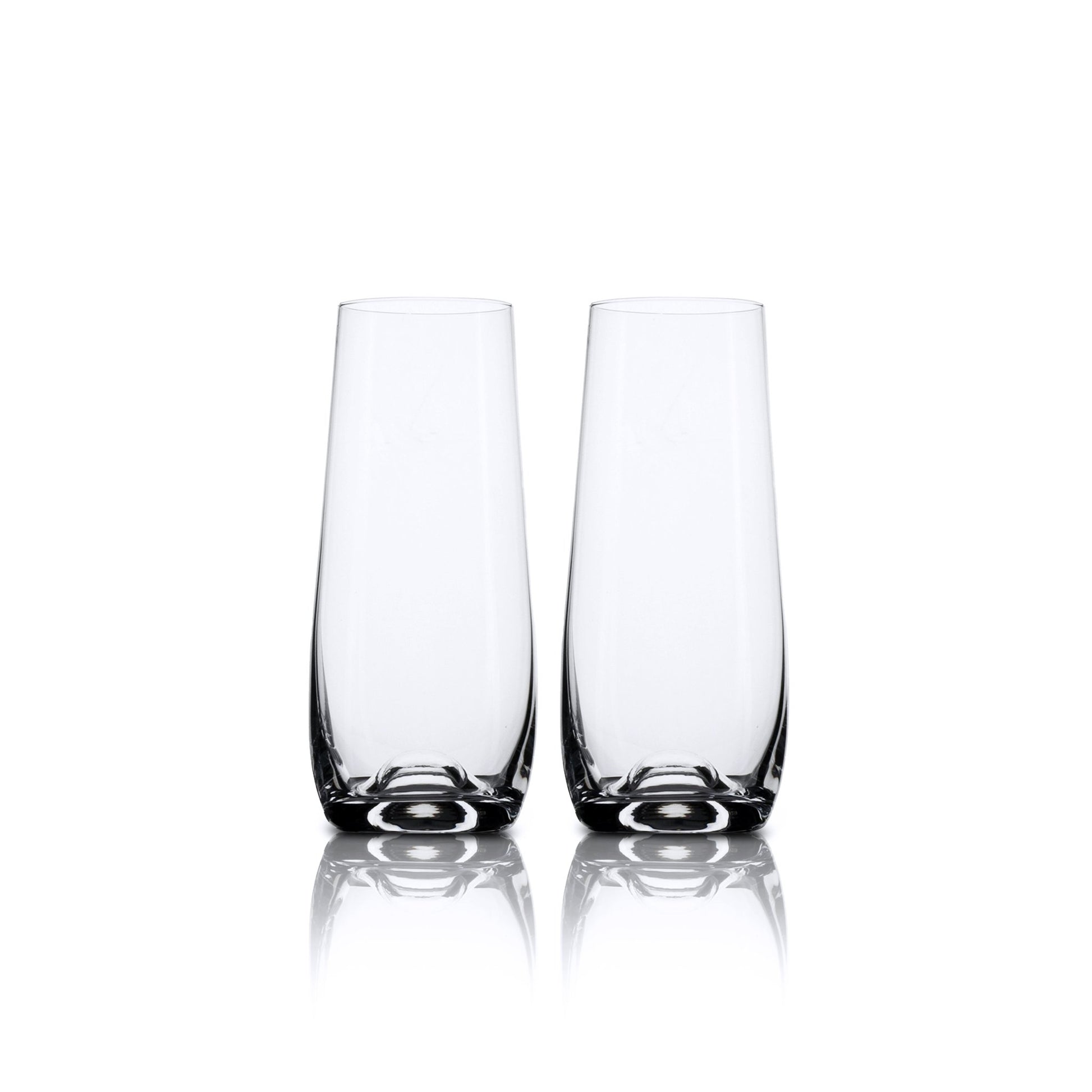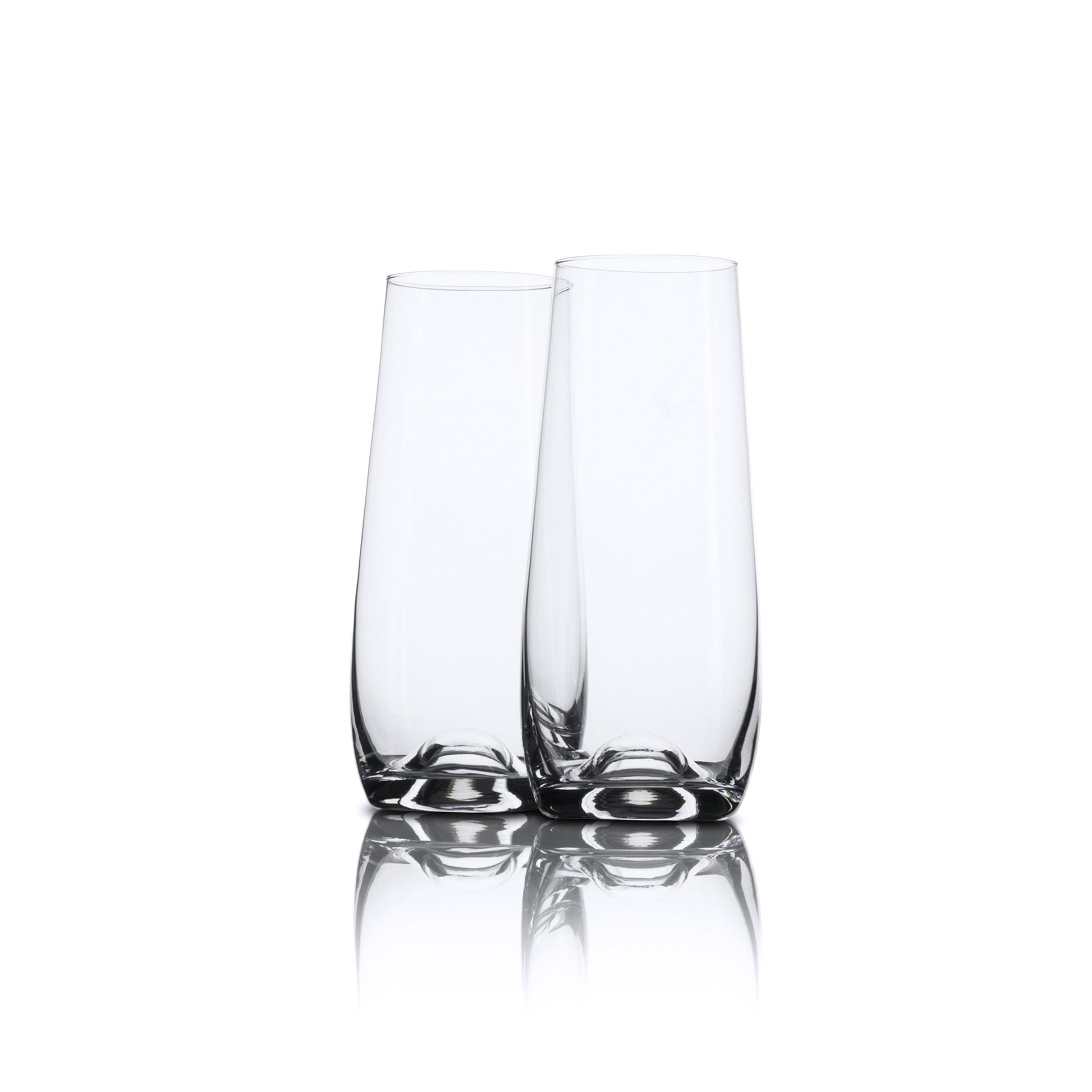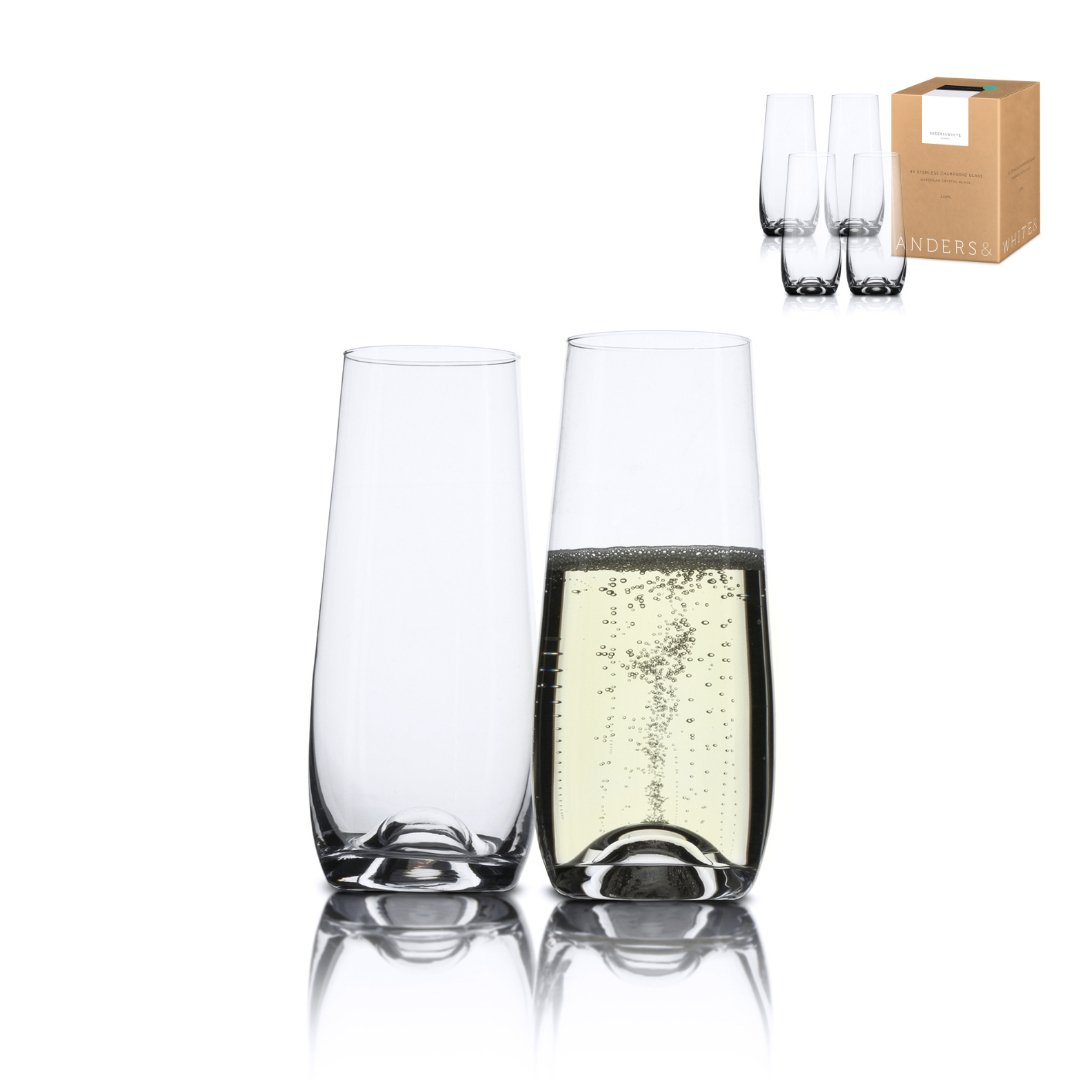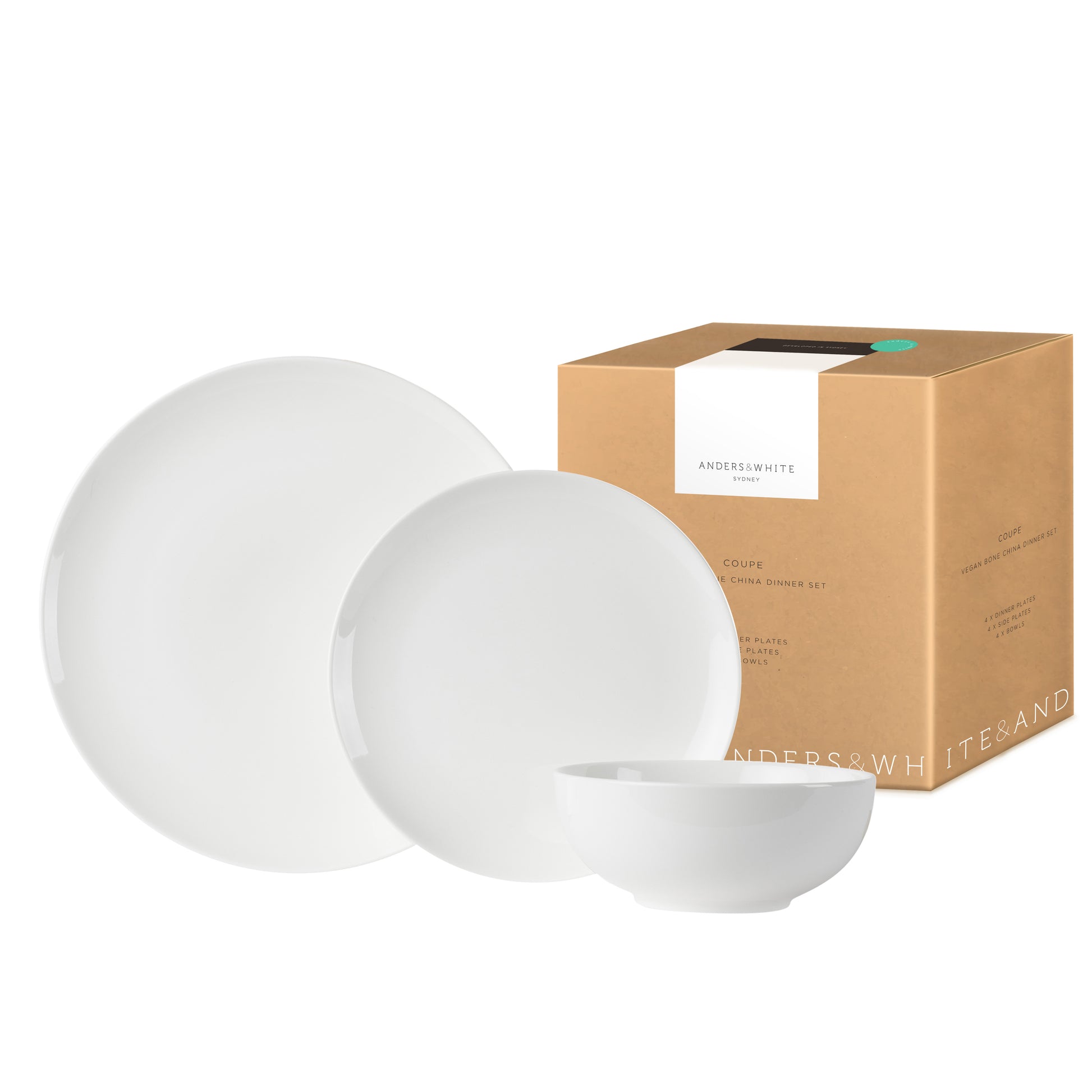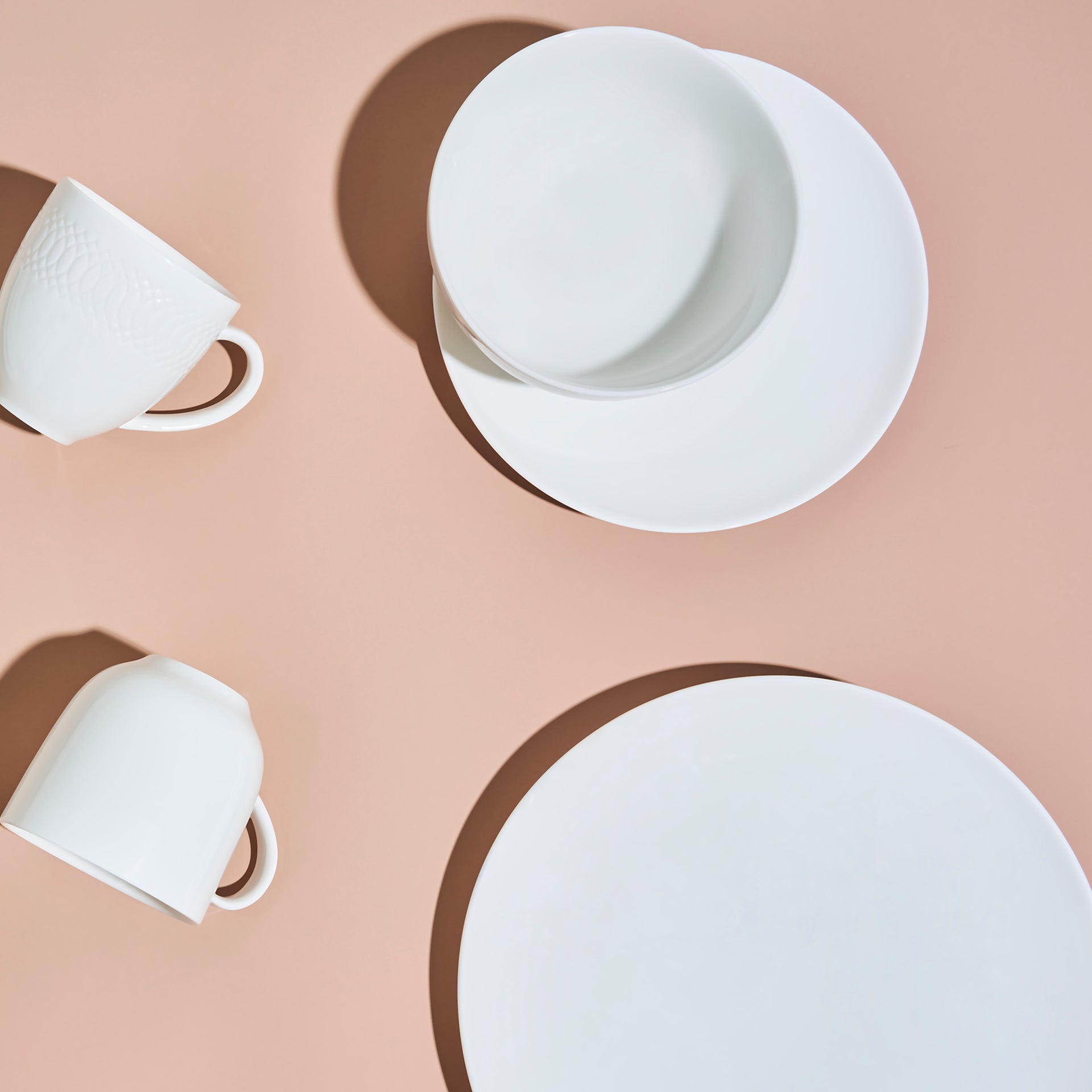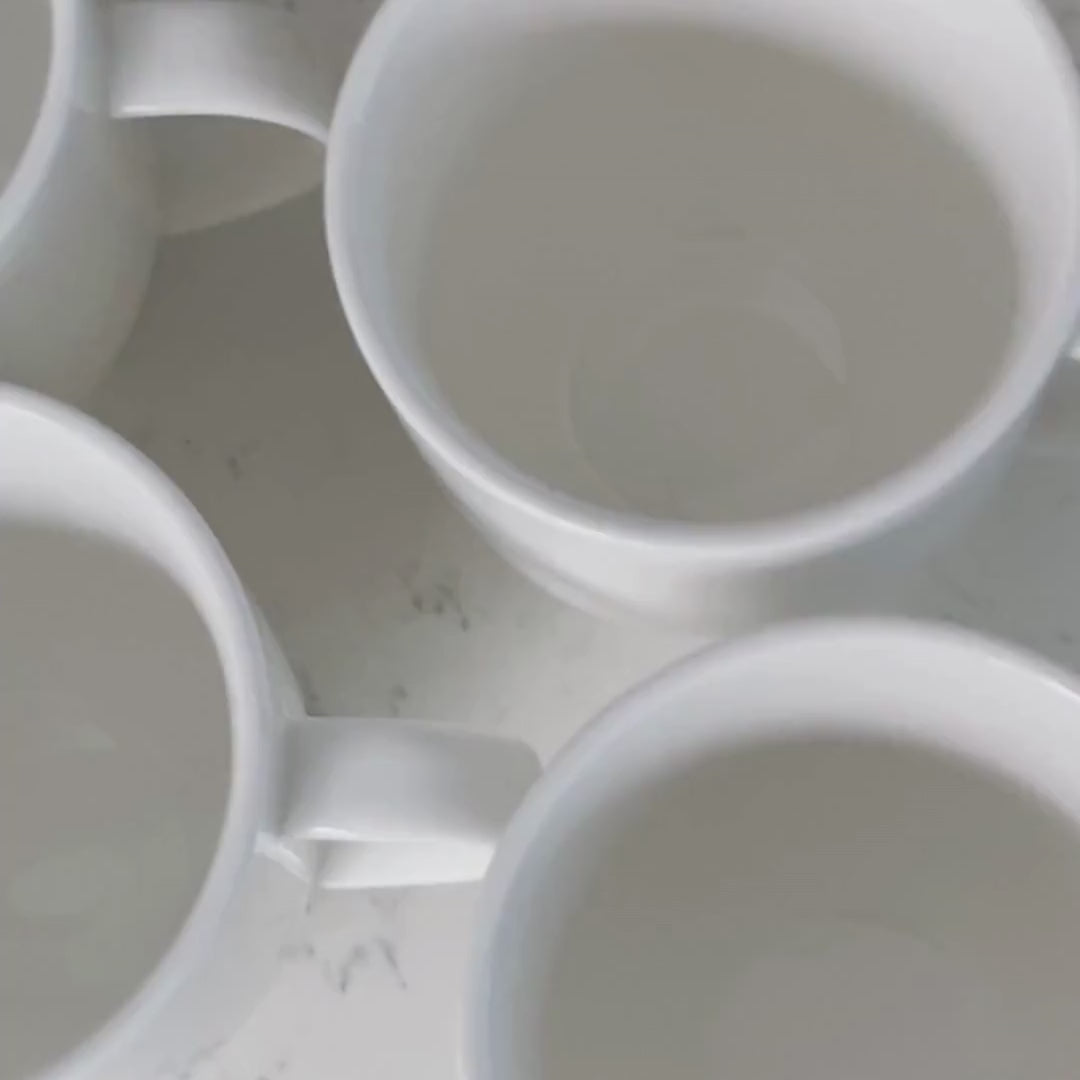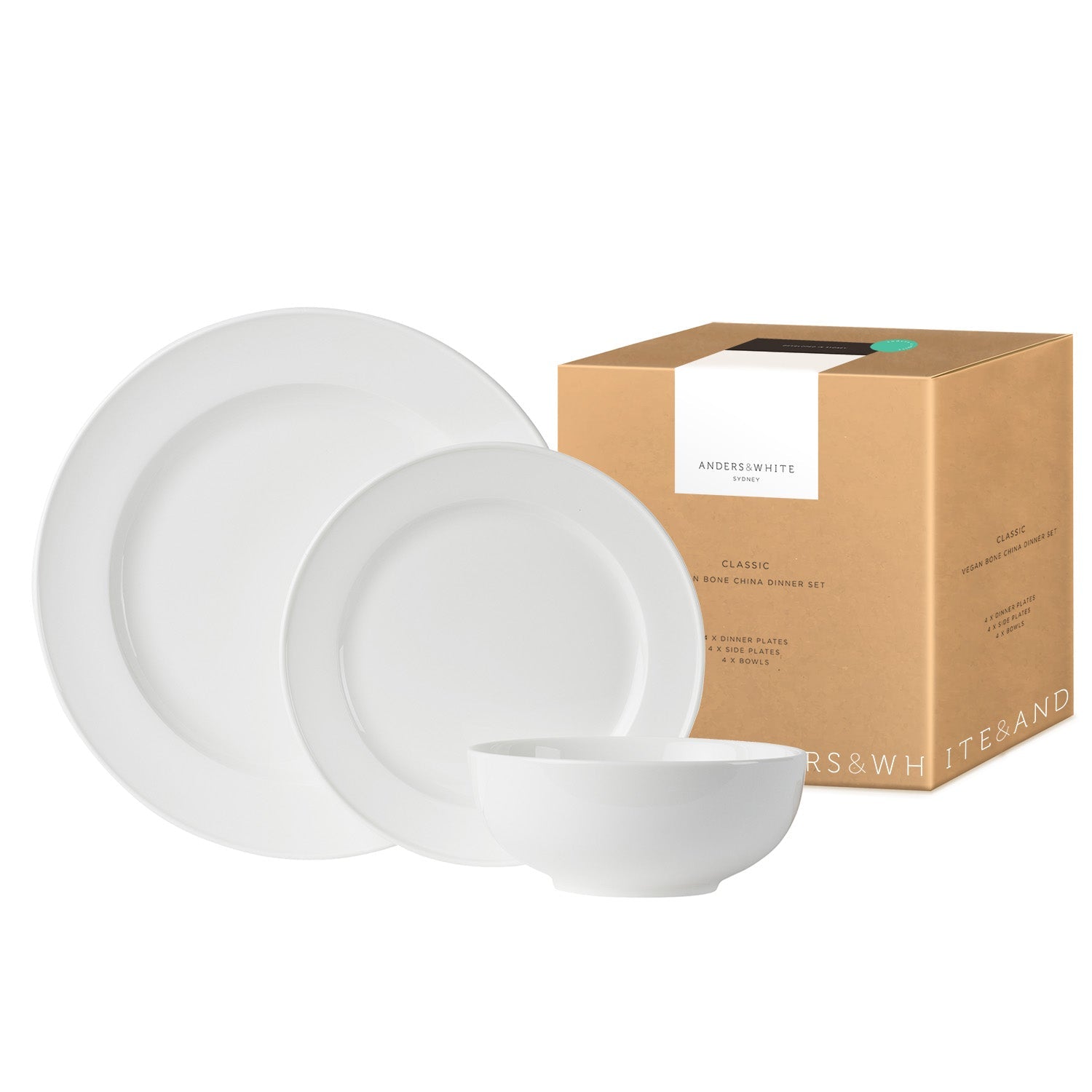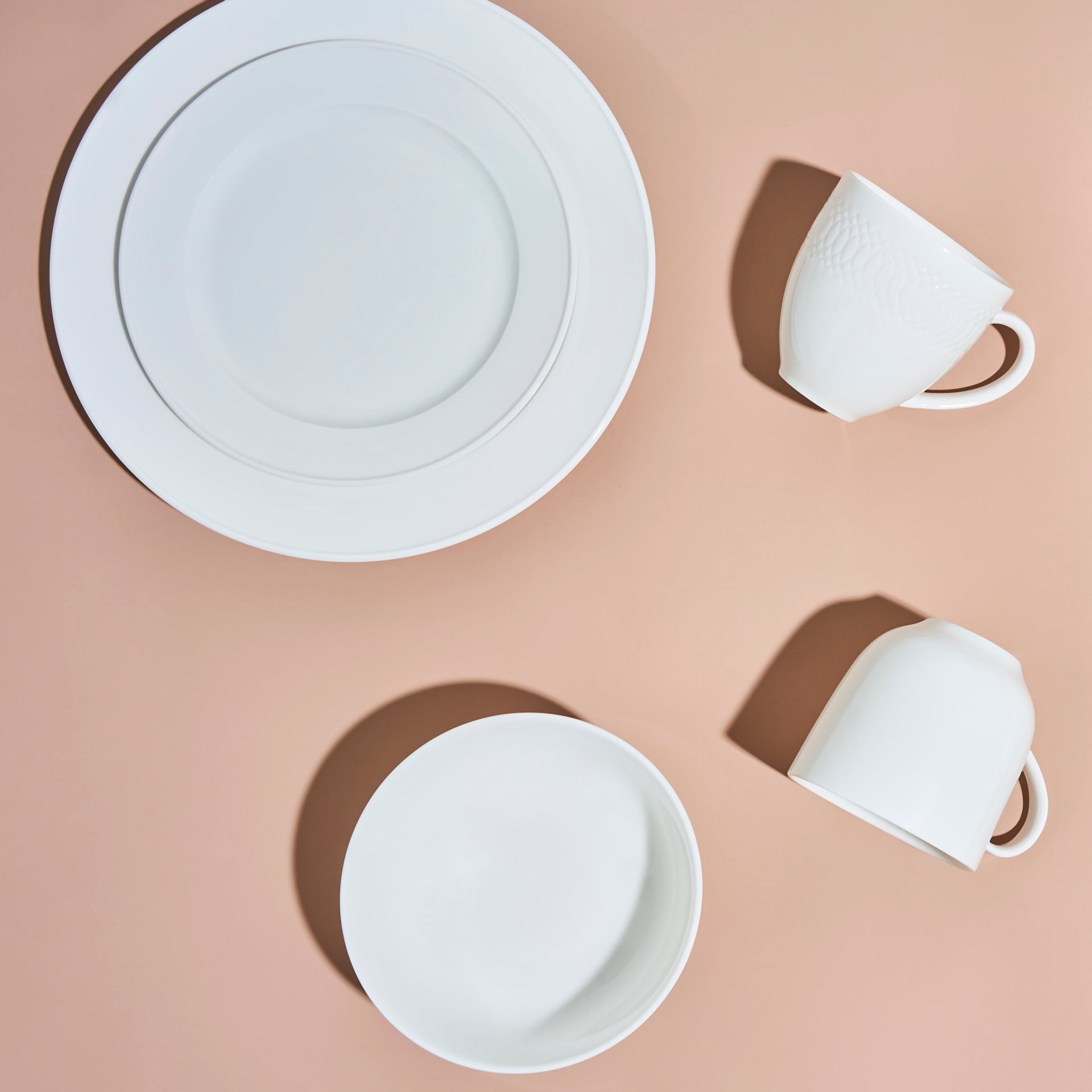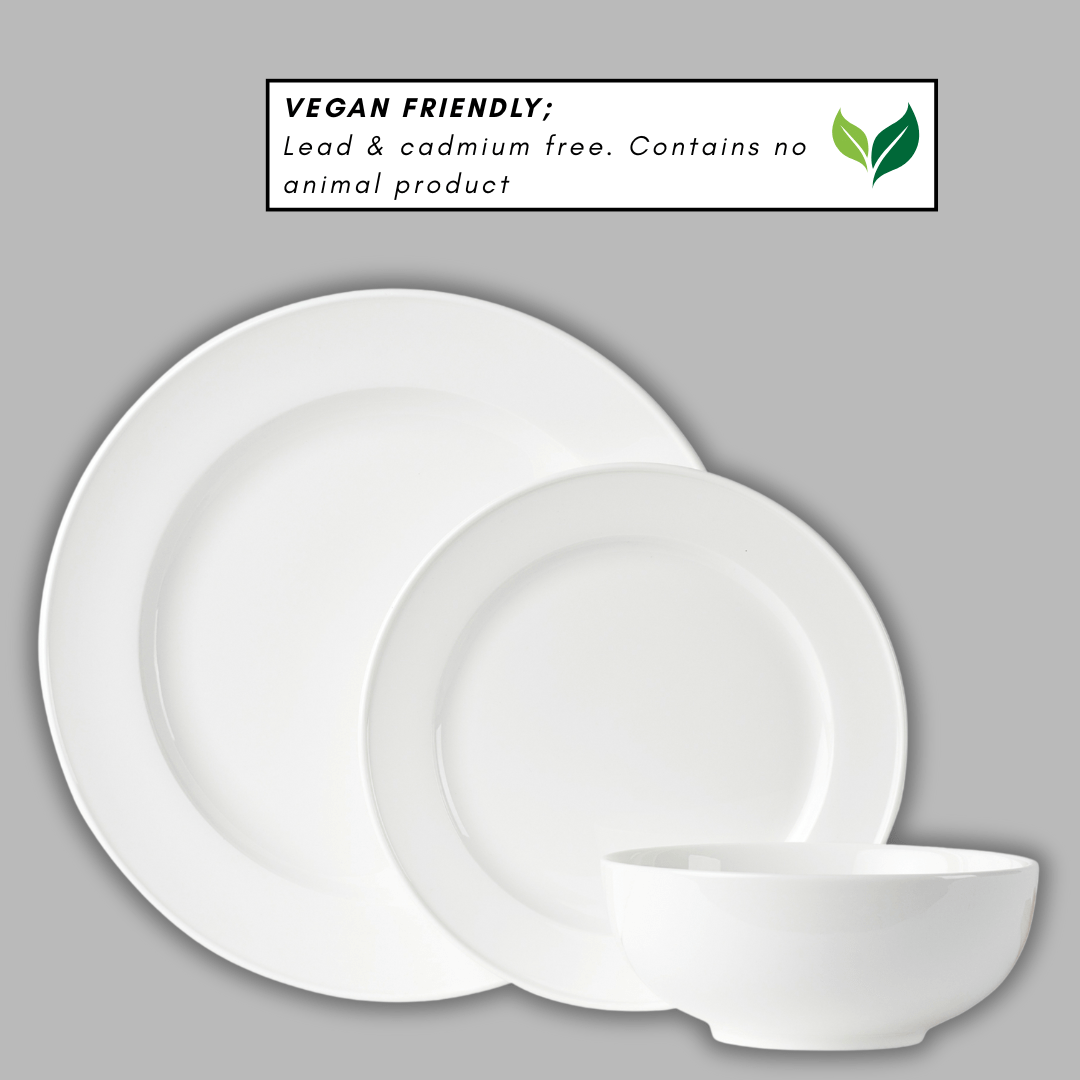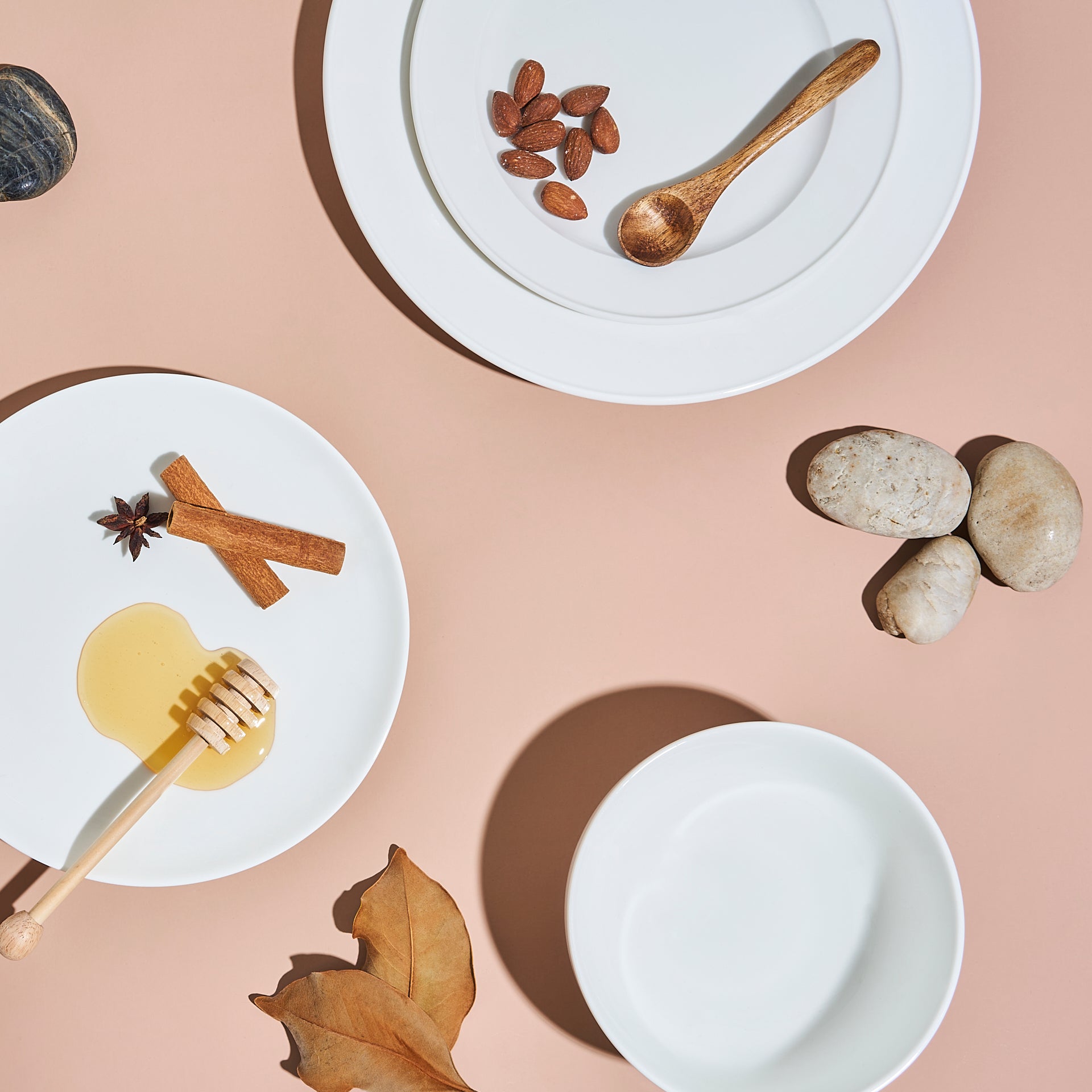When it comes to enjoying a good glass of wine, the right glass can make all the difference. While crystal glasses have always been seen as fancy, there's a new trend on the rise: lead-free crystal. Let's take a closer look at what makes lead-free crystal special, how it compares to traditional crystal and regular glass, and why it's become so popular among wine enthusiasts like yourself.
What They Share:
Lead-free crystal and traditional crystal glasses have a lot in common that makes them favorites among wine lovers:
1. **They Both Look Stunning:**
Whether it's red, white, or rosé, wine looks amazing in both types of crystal glasses. They're super clear and shiny, making every sip feel special.
2. **They Feel Luxurious:**
There's something about holding a crystal glass that just feels fancy. The weight, the delicate rim – it all adds up to a more elegant drinking experience.
3. **They're a Treat for the Eyes:**
Crystal glasses catch the light in a way that regular glass just can't. They sparkle and shine, adding a touch of glamour to your table.
4. **They Make Wine Time Fun:**
From the satisfying sound when you tap them to the way the wine flows smoothly onto your tongue, crystal glasses make drinking wine feel like a real treat.
How Lead-Free Crystal Compares to Regular Glass:
But what sets lead-free crystal apart from your everyday glass wine glasses? Let's break it down:
1. **What They're Made Of:**
Regular glass wine glasses are usually made from basic materials like sand and soda. Lead-free crystal, however, has some extra minerals thrown in to make it super clear and shiny, without any lead.
2. **How They Look:**
Lead-free crystal glasses have a bit more sparkle and shine compared to regular glass. They're like the fancier cousin of your everyday glassware, bringing a touch of elegance to your wine-drinking experience.
3. **How They Feel:**
Lead-free crystal glasses feel a bit more substantial in your hand compared to regular glass. They have a weightiness to them that adds to the overall enjoyment of sipping your favorite wine.
4. **Safety First:**
One big difference between lead-free crystal and regular glass is, well, the lead. Regular glass is safe and straightforward, but lead-free crystal takes it up a notch by removing any worries about lead exposure.
In Conclusion:
So, why has lead-free crystal become the go-to choice for wine lovers? It's simple: it offers the best of both worlds. You get all the elegance and sparkle of traditional crystal without any of the health concerns associated with lead. Whether you're enjoying a glass on a regular Tuesday night or hosting a fancy dinner party, lead-free crystal wine glasses add a touch of class and peace of mind to any occasion. So, go ahead, pour yourself a glass and toast to the healthier, more luxurious choice in wine glasses. Cheers!
FAQs:
Q: Are lead-free crystal wine glasses safe to use?
A: Yes, lead-free crystal wine glasses are completely safe to use and eliminate any concerns about lead exposure associated with traditional crystal glasses.
Q: Can I put lead-free crystal wine glasses in the dishwasher?
A: Anders & White wine glasses are all lead free and dishwasher safe for over 1000 uses.
Q: Are lead-free crystal wine glasses more expensive than regular glass wine glasses?
A: Lead-free crystal wine glasses can be more expensive than regular glass wine glasses due to their superior clarity, brilliance, and craftsmanship. However, they are often considered a worthwhile investment for wine enthusiasts who appreciate the enhanced drinking experience they provide.
Q: Can I use lead-free crystal wine glasses for both red and white wines?
A: Yes, lead-free crystal wine glasses are suitable for both red and white wines, as well as rosé and other types of wine. Their versatile design and superior clarity make them ideal for enjoying a wide range of wines.
What's the difference between crystal, lead free crystal and glass wine glasses?

